Building Community by Reimagining Care with Brent Asplin, Co-founder and CEO of Gather Health
Some of our clients



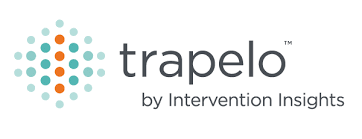


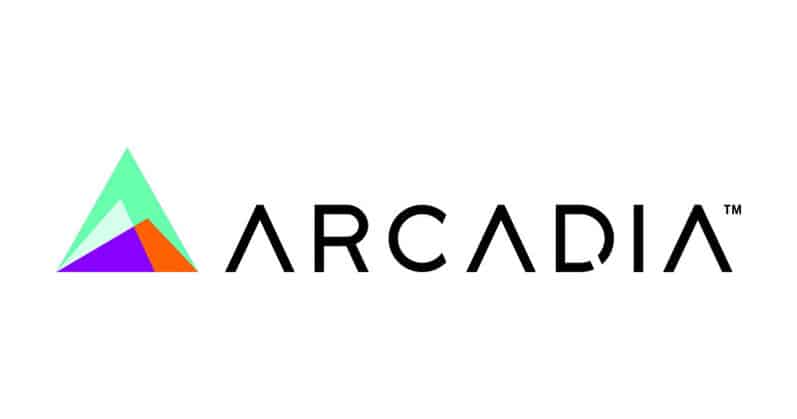
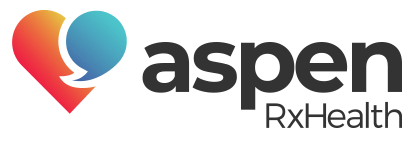

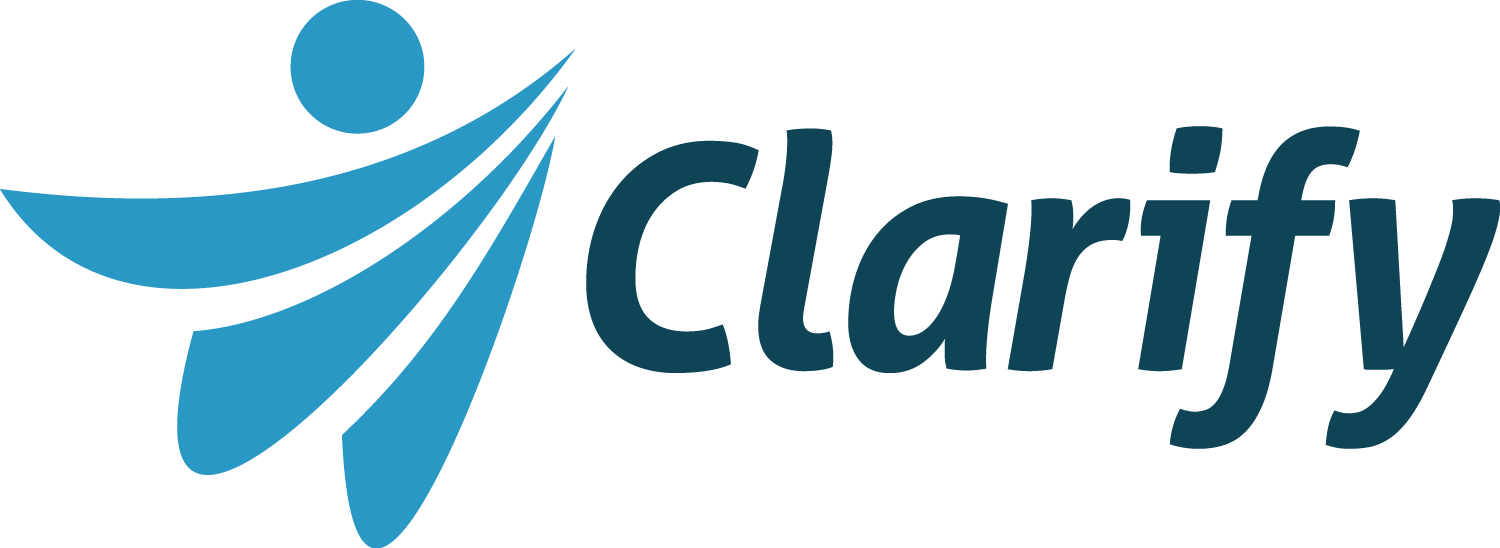
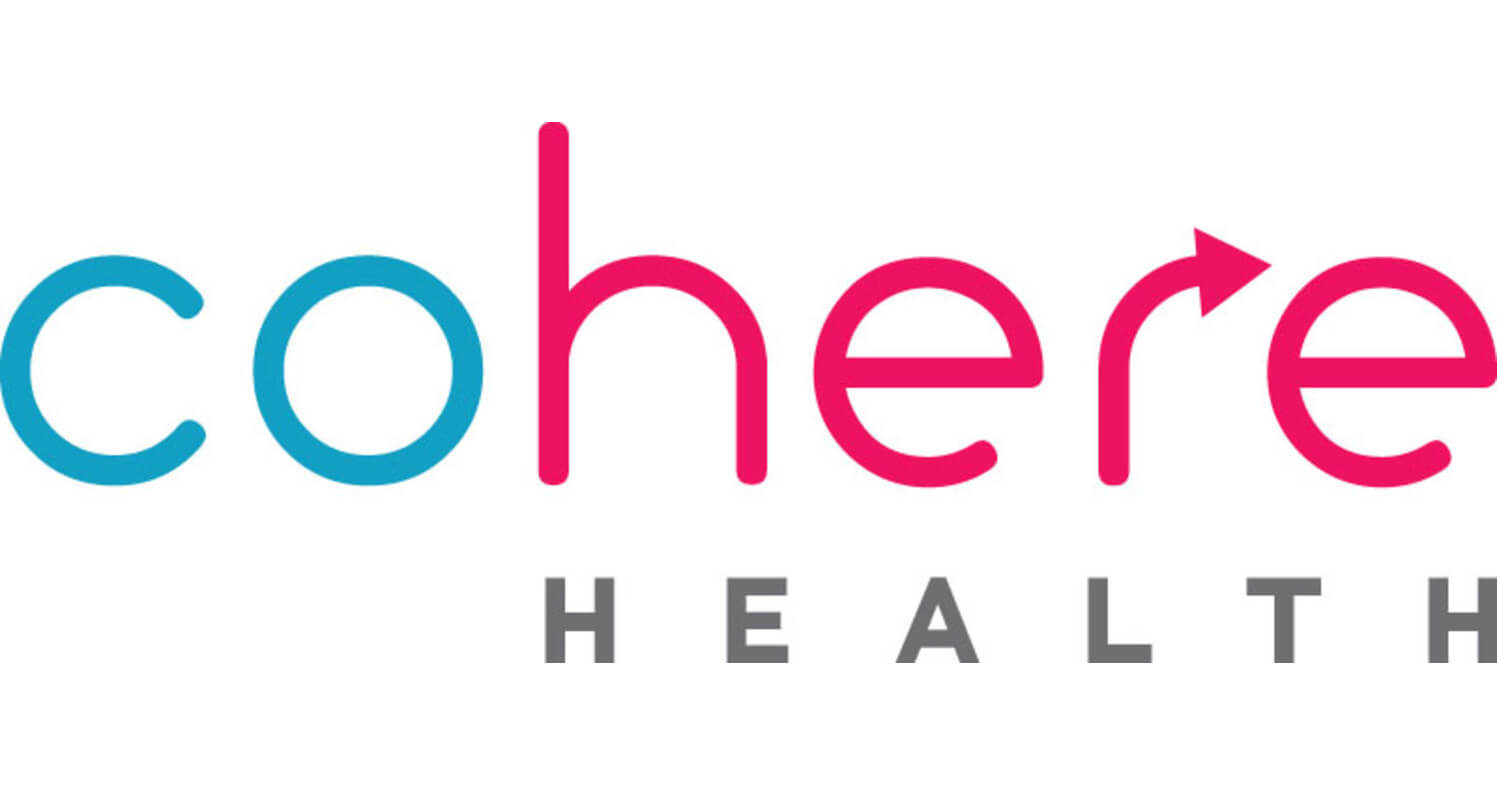
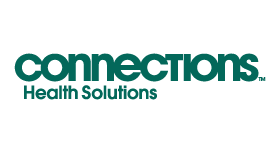

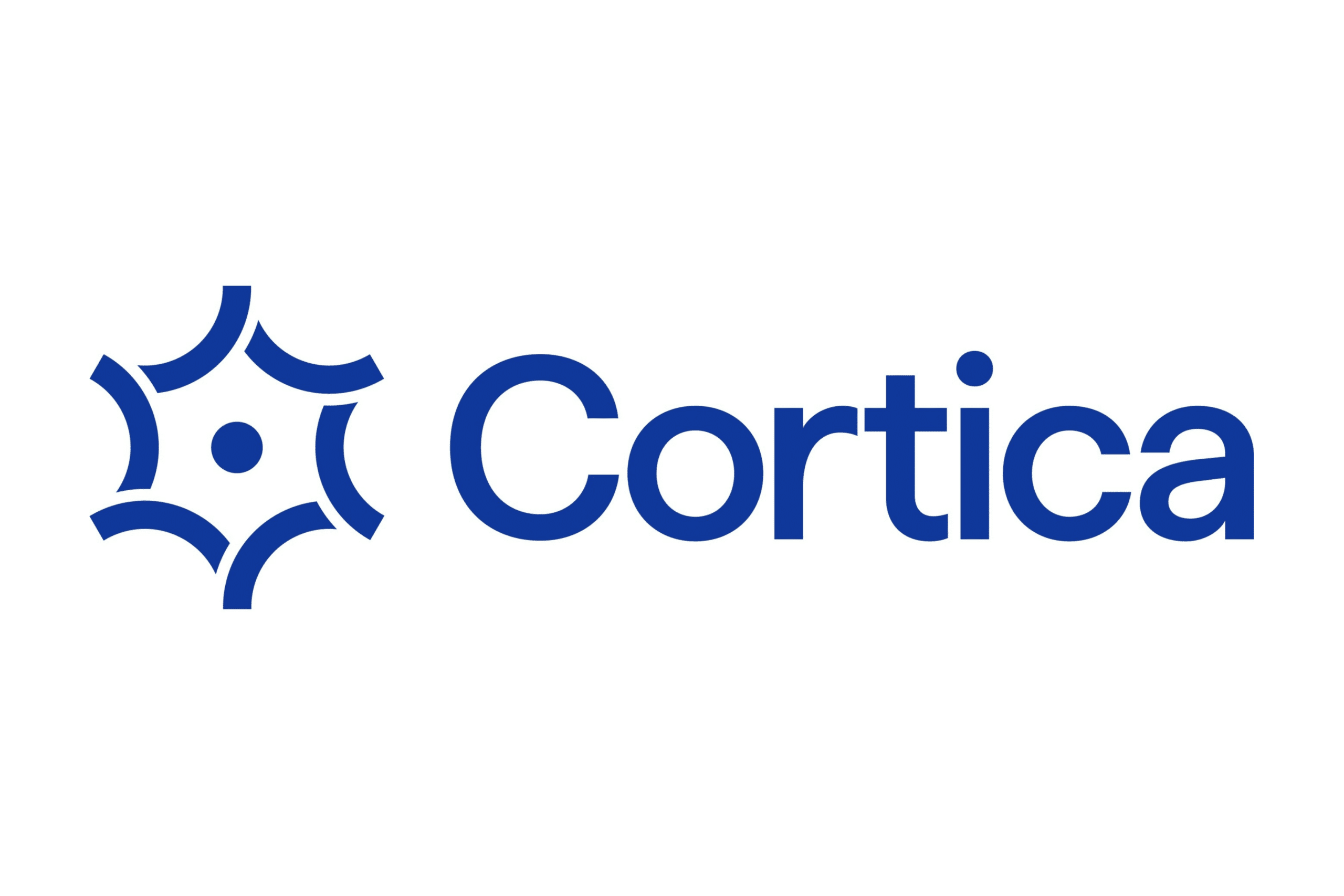
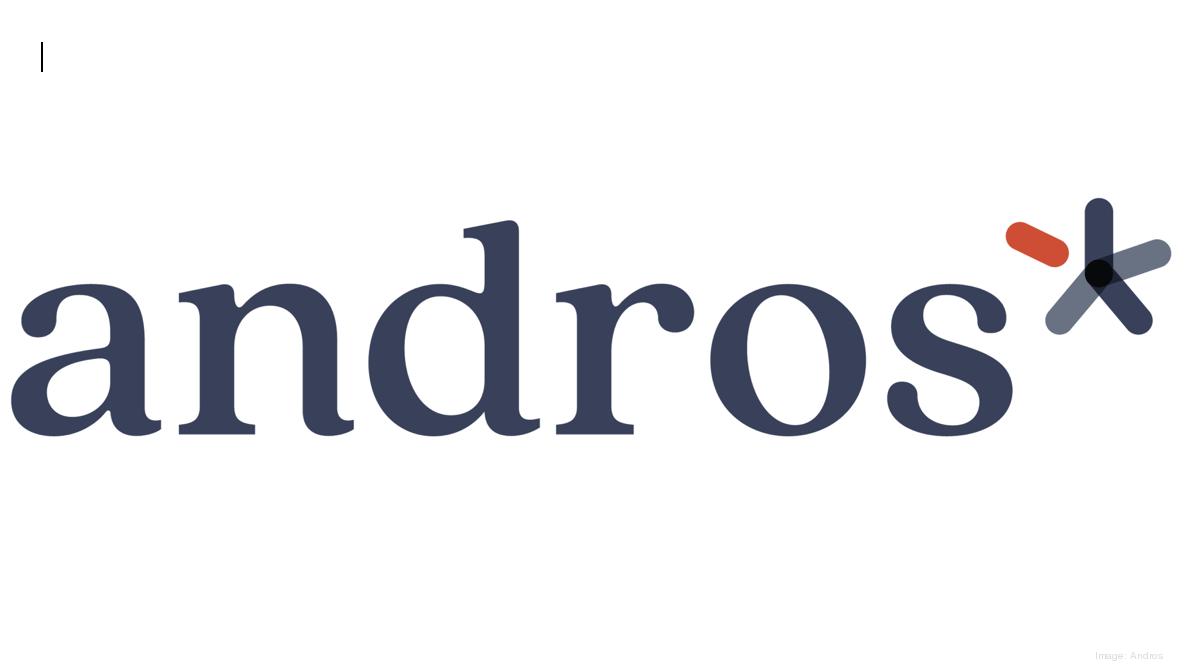

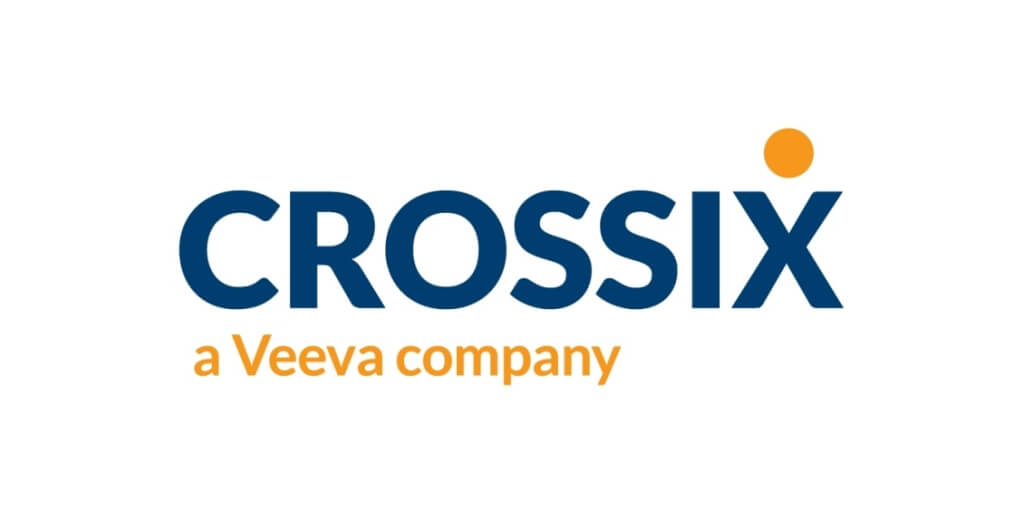
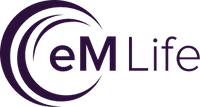

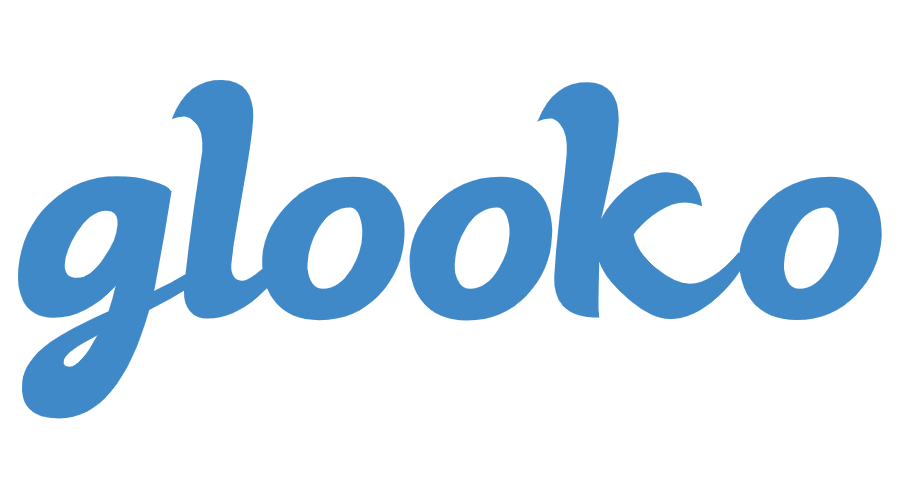
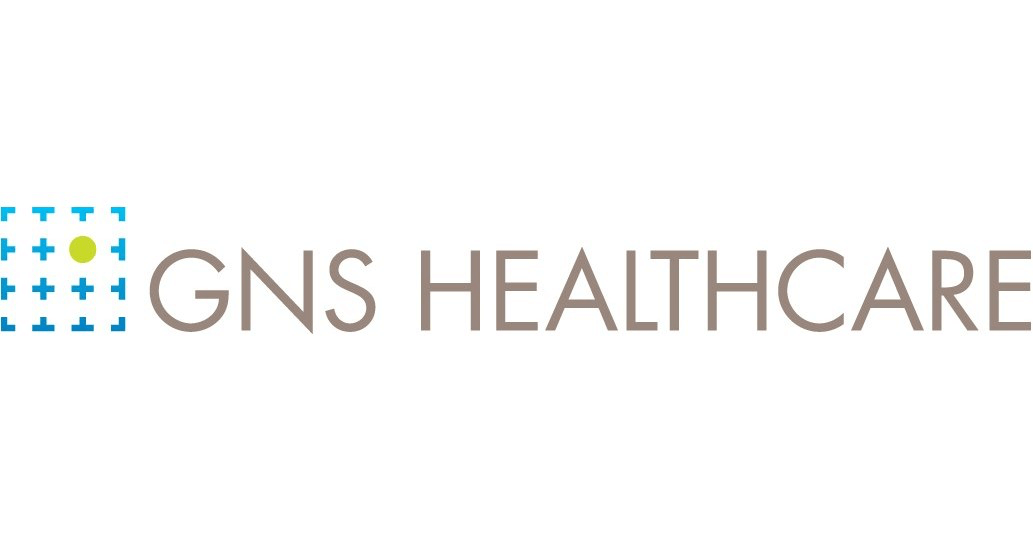
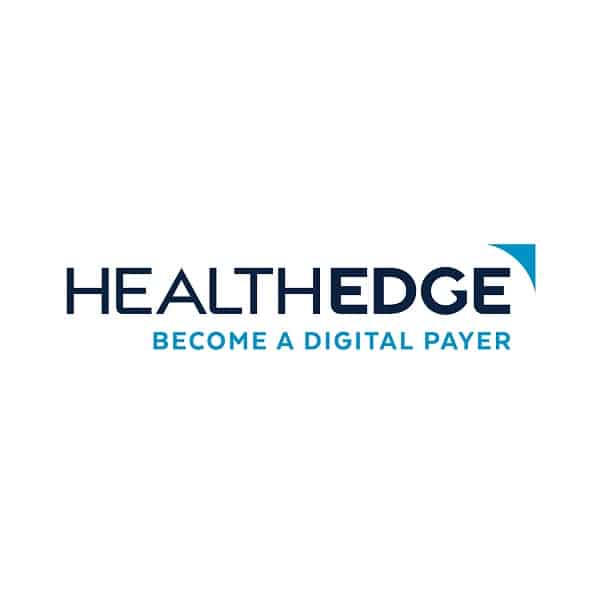





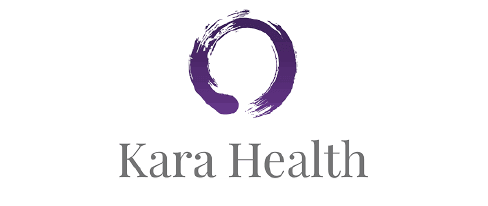

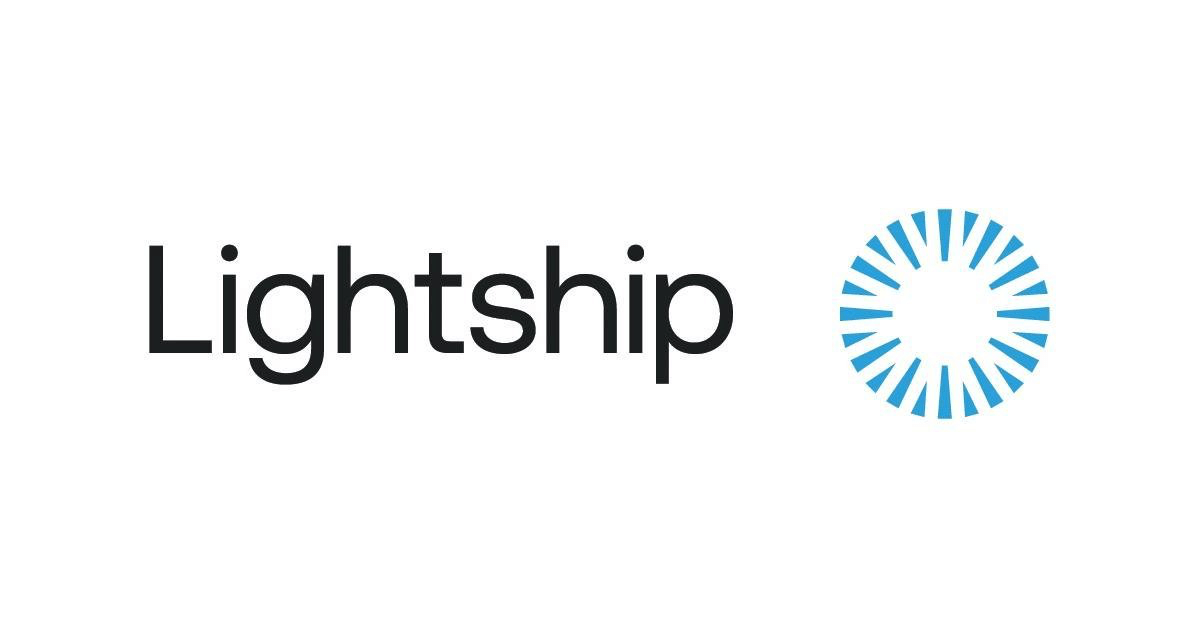


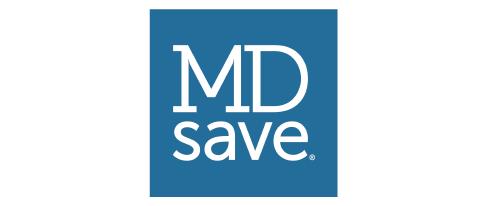



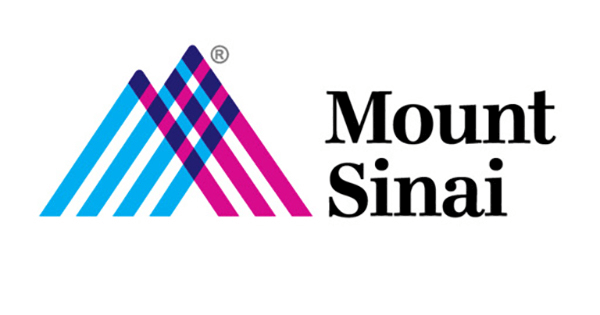




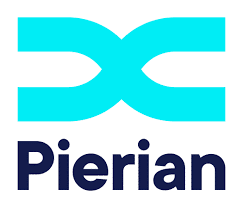
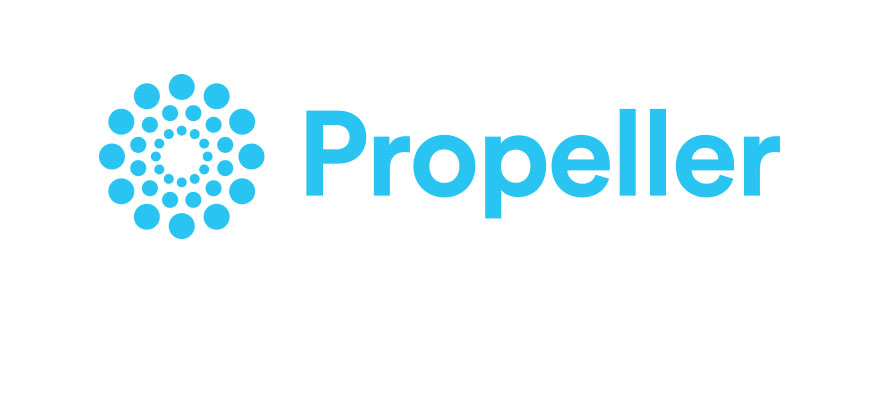





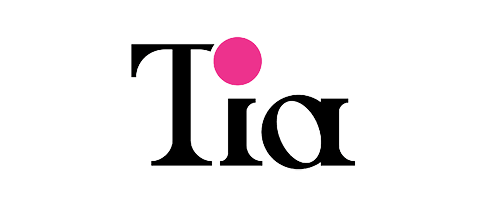

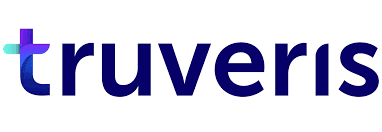

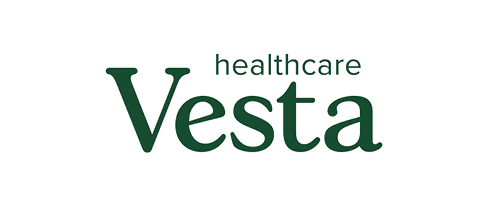

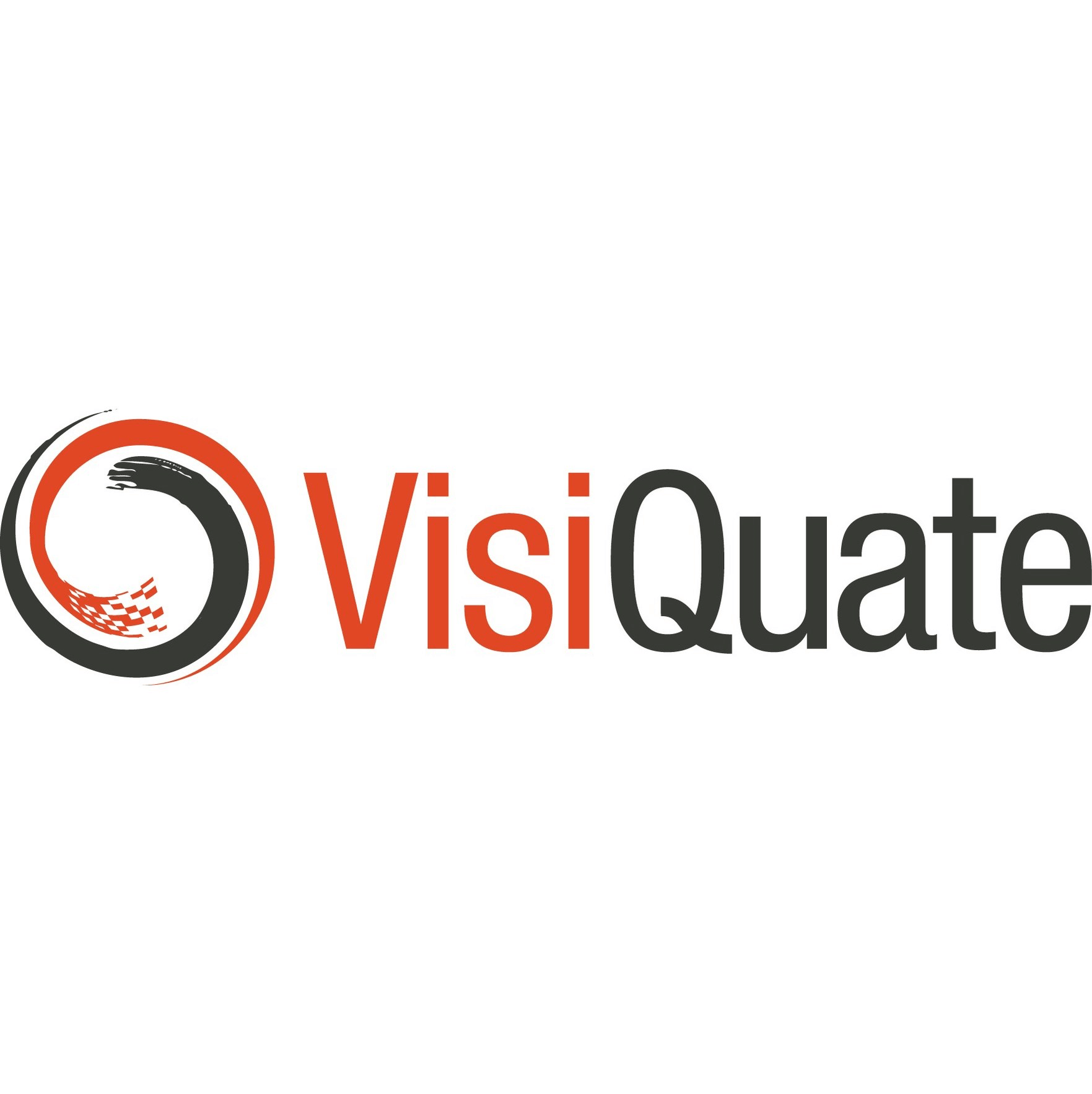
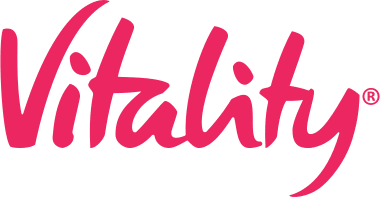







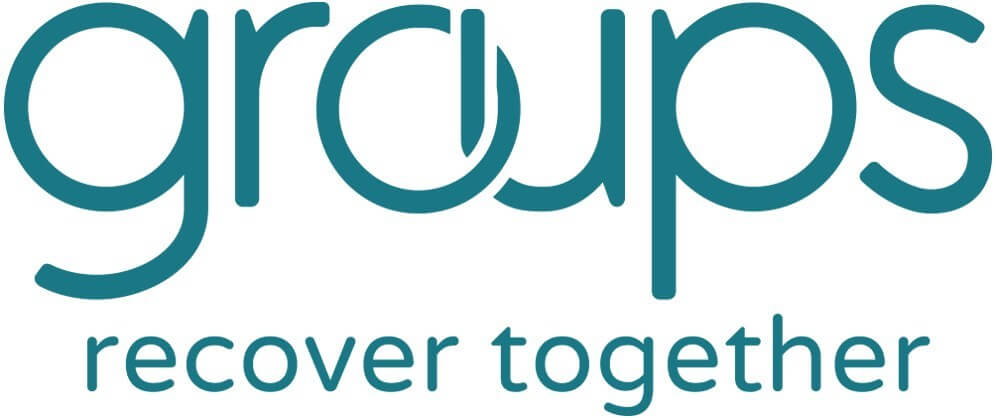

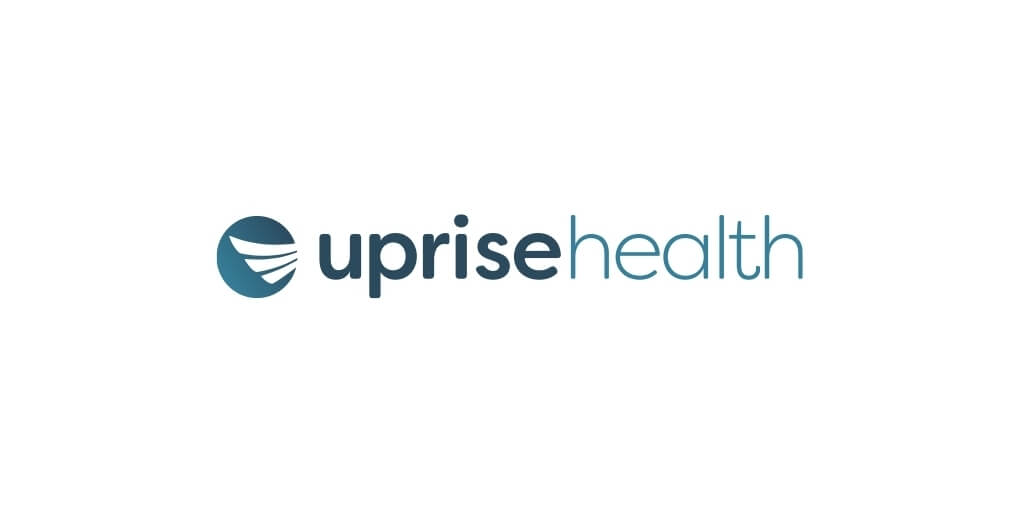


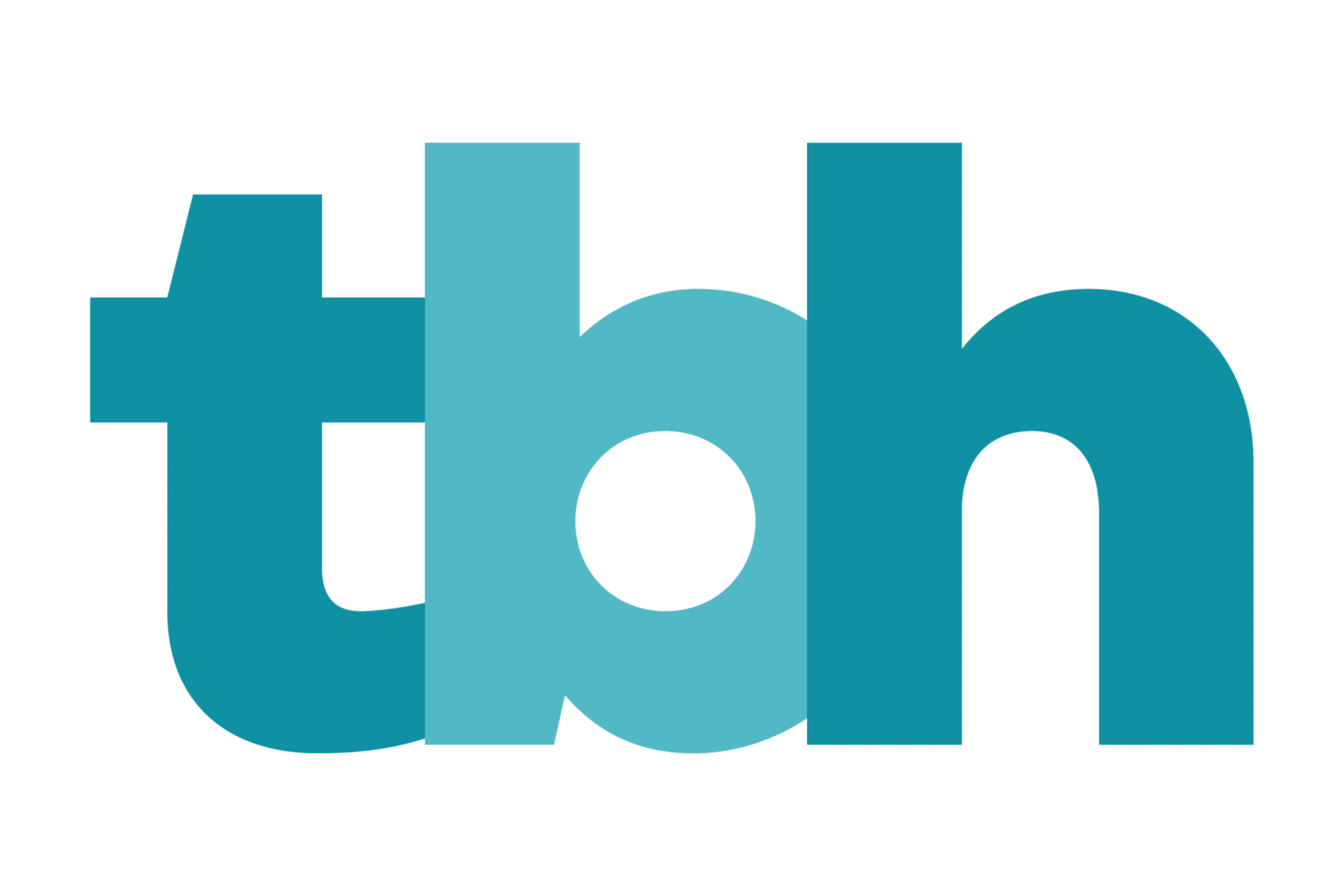


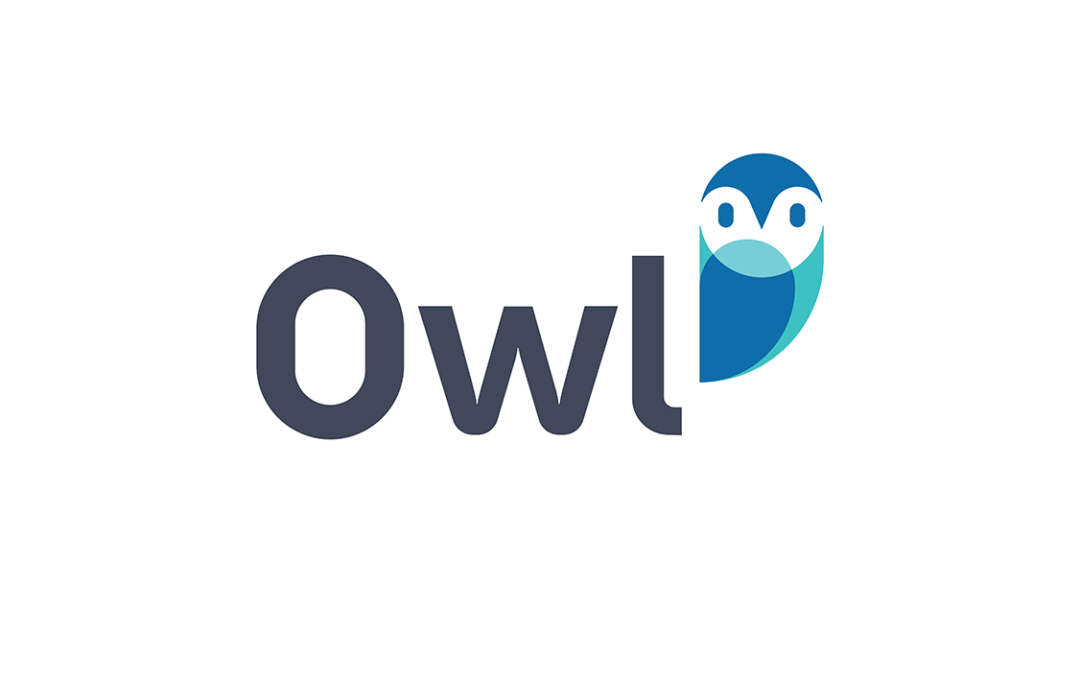


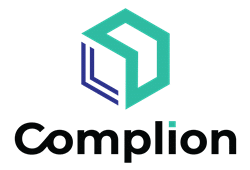
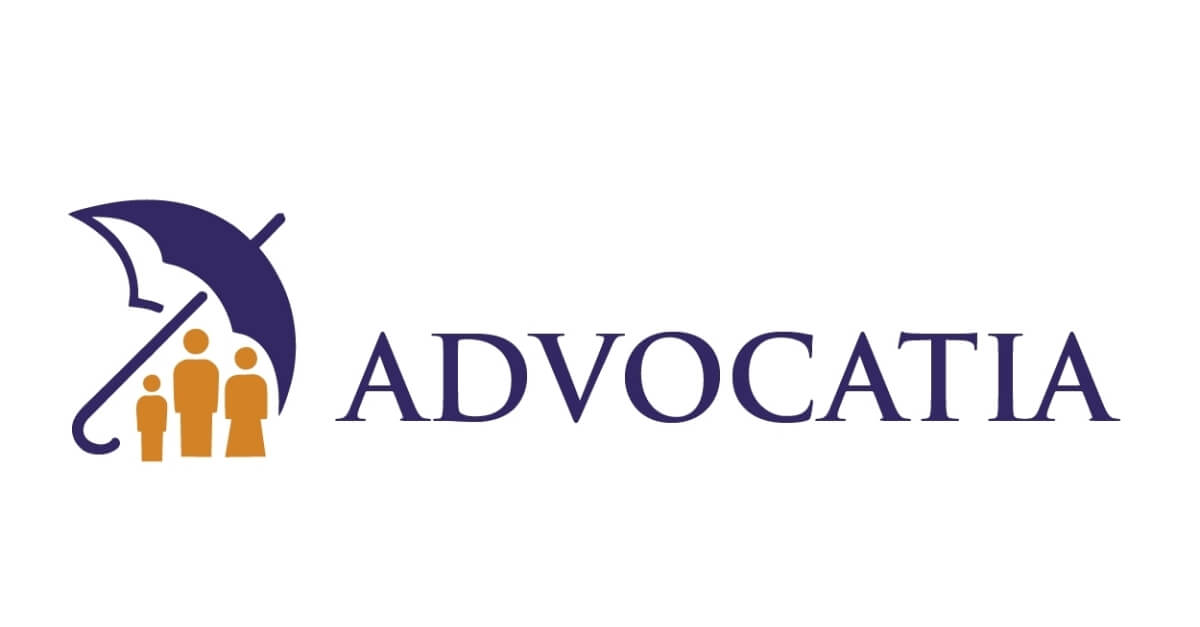
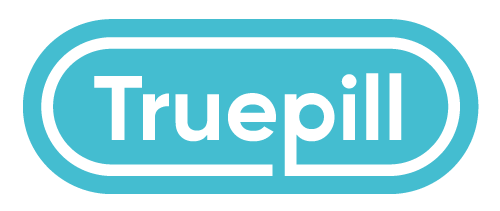
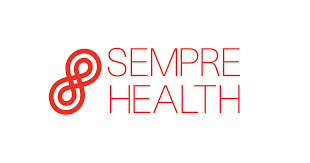
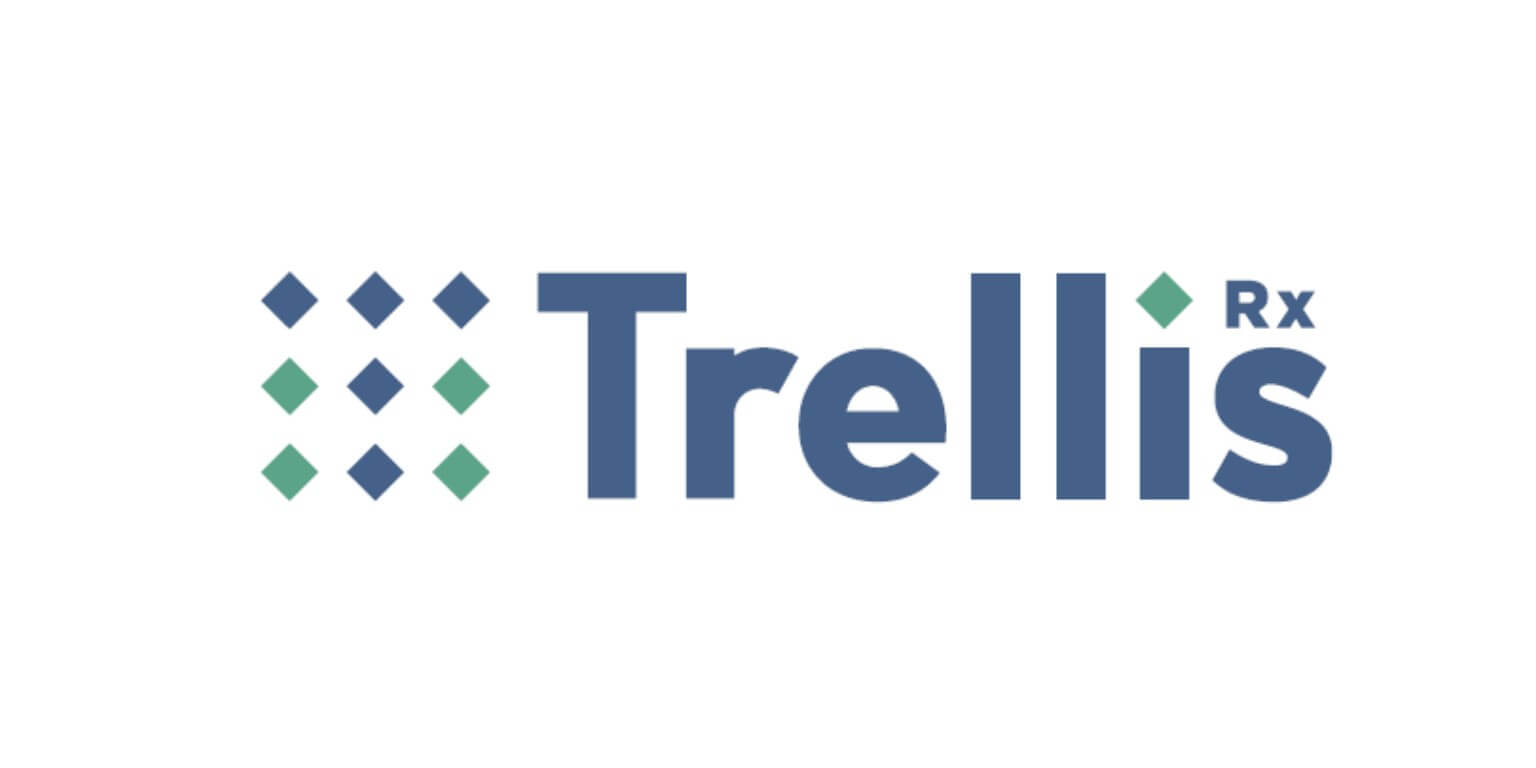

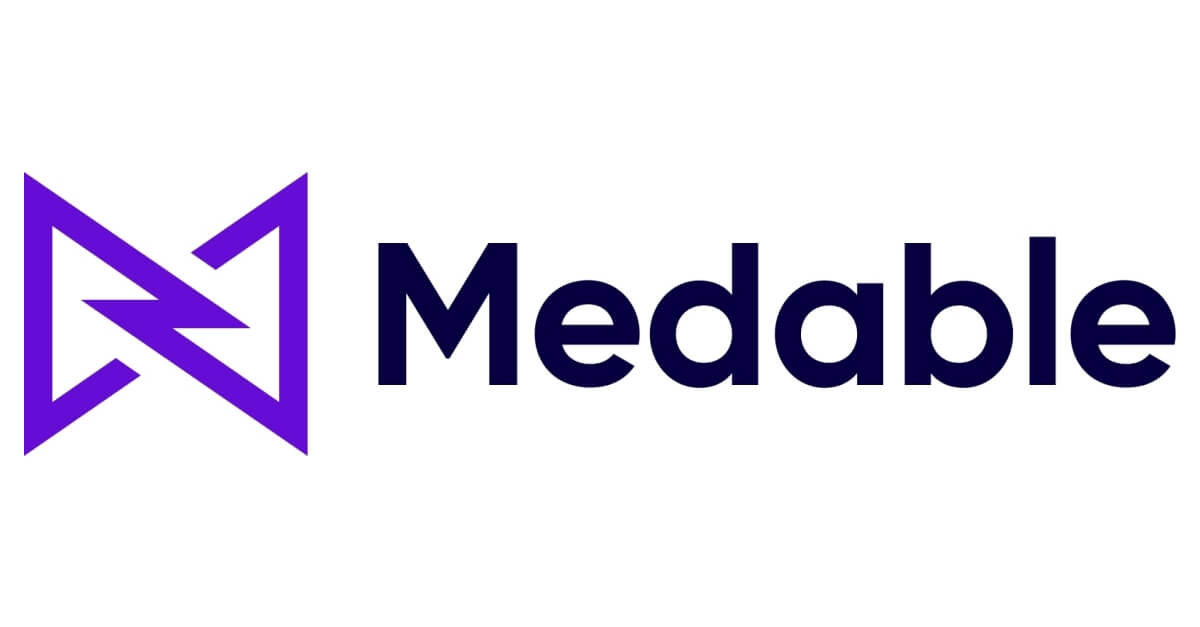




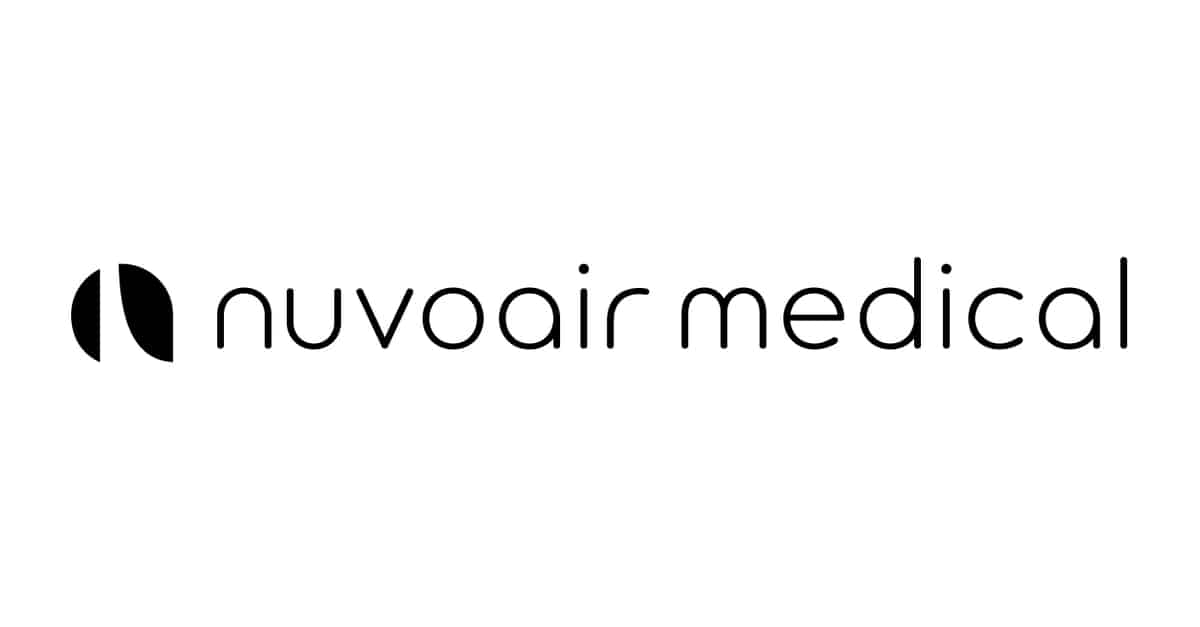
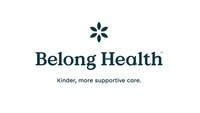

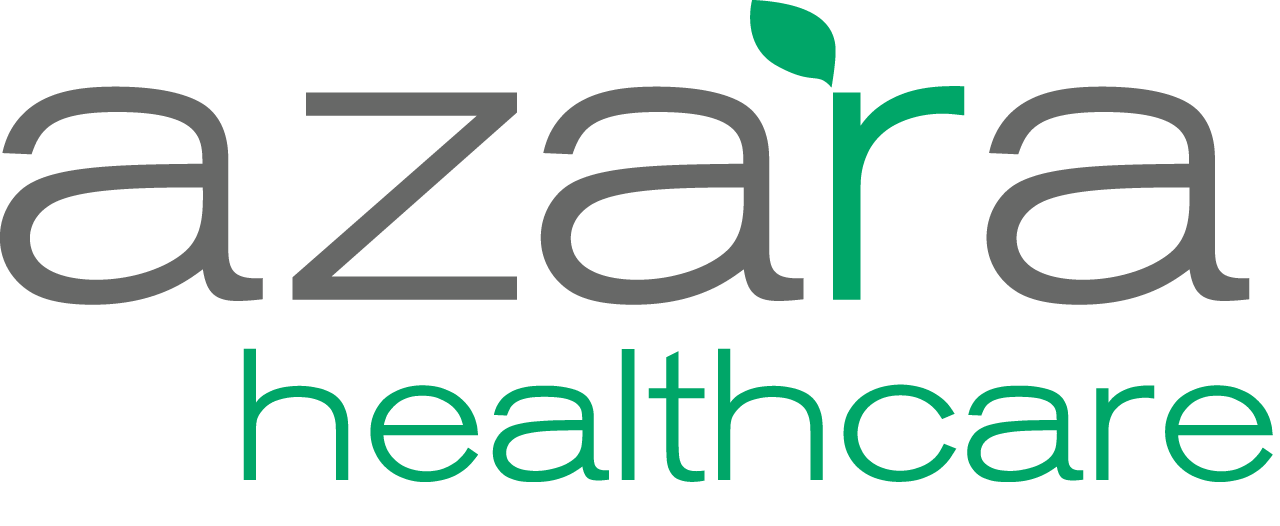


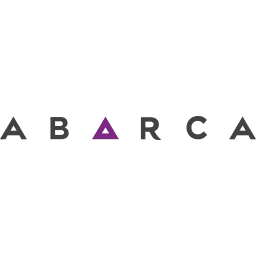





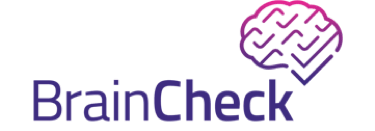

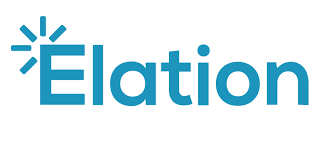
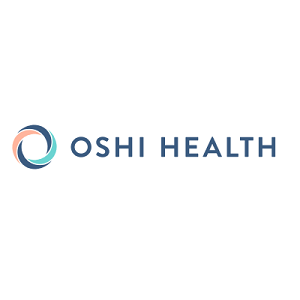
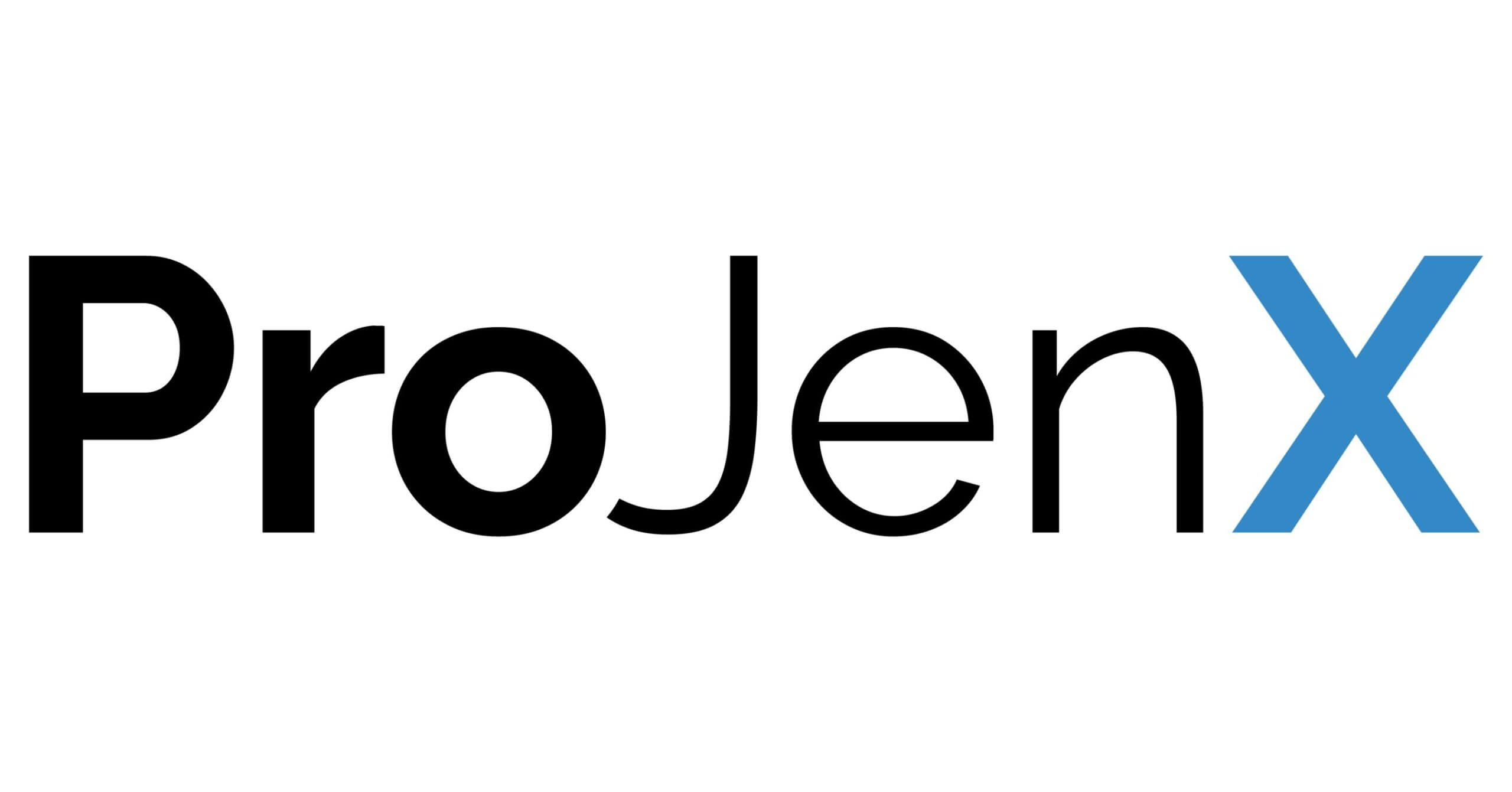

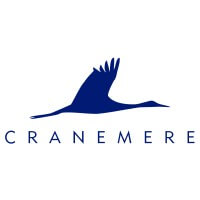


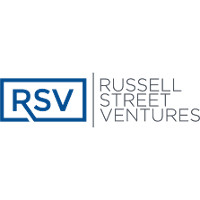

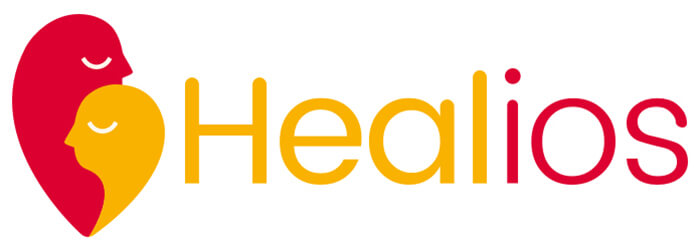

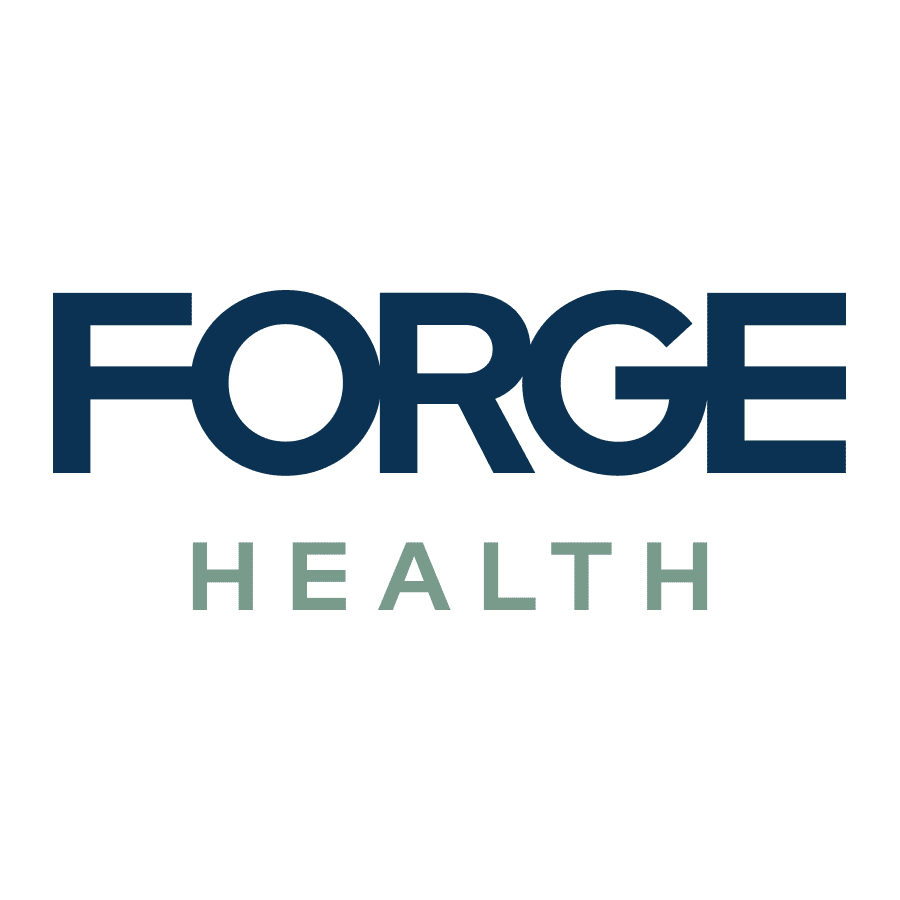
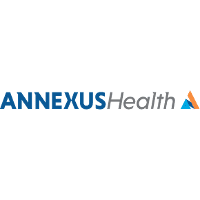
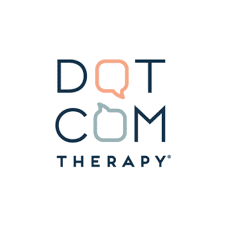
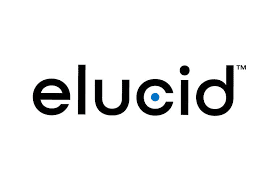
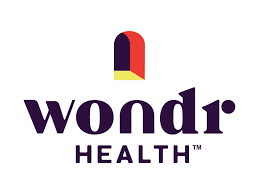
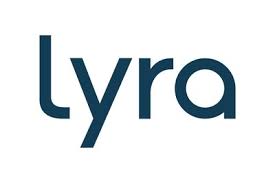
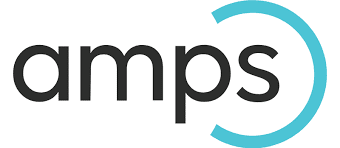

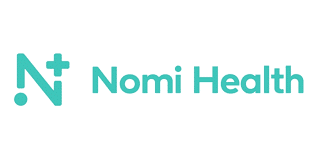

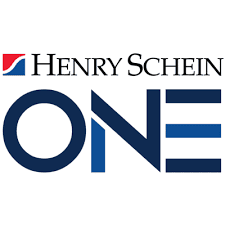










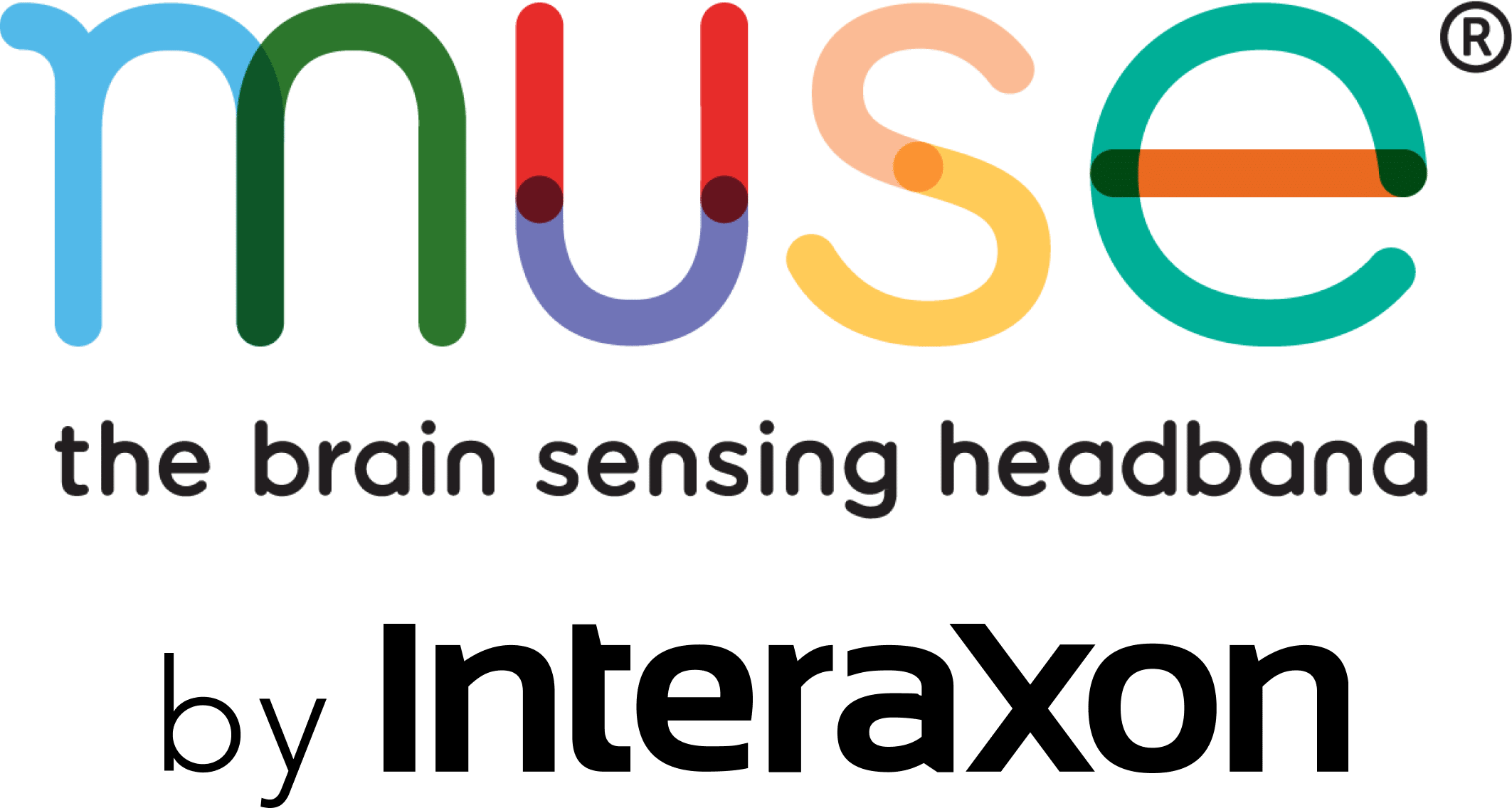

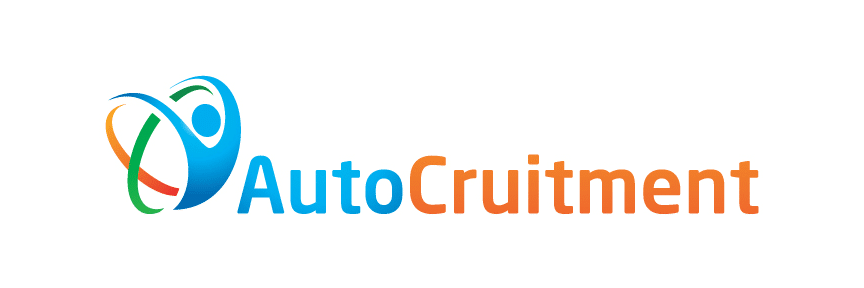
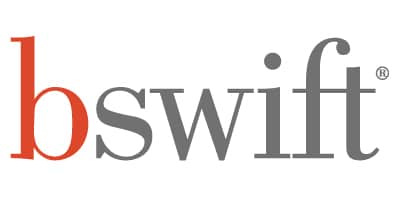
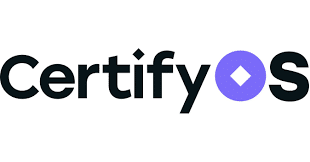


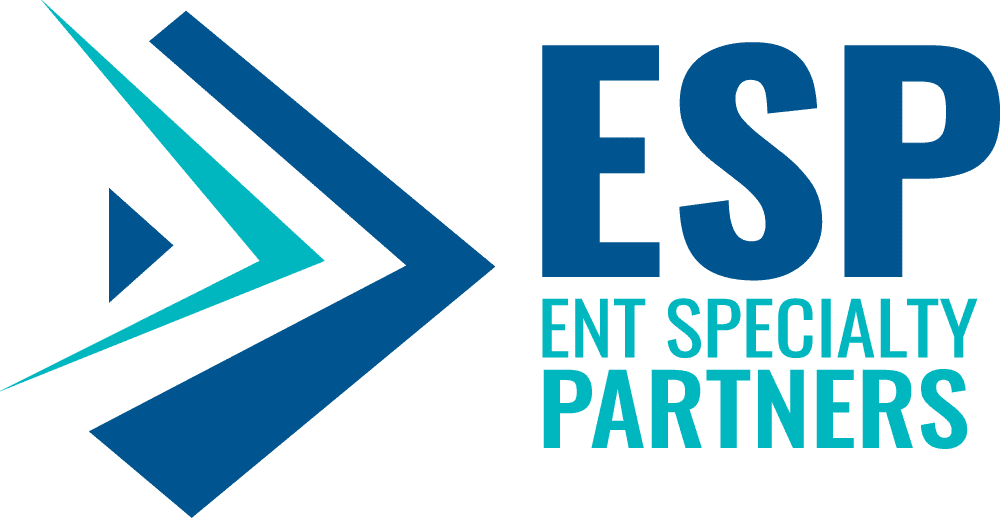
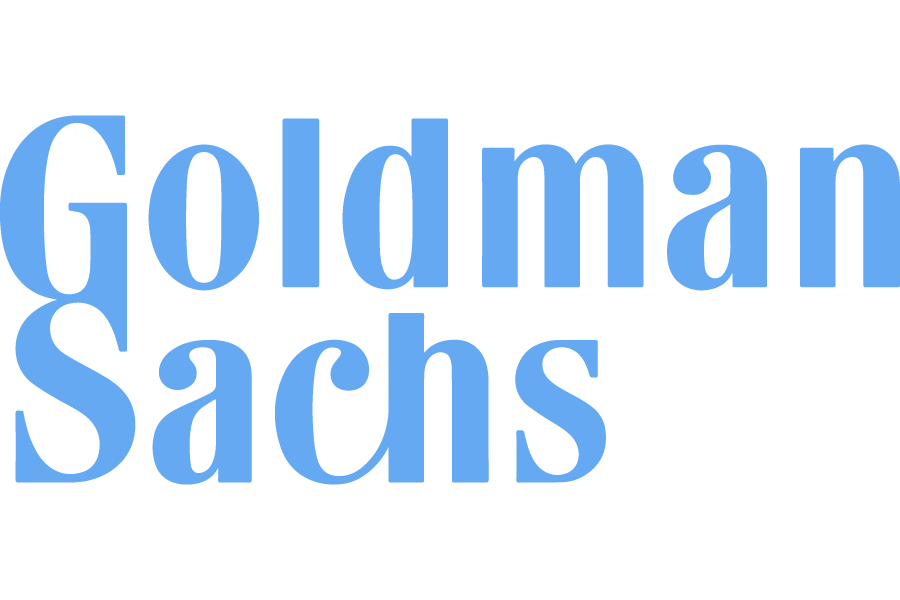
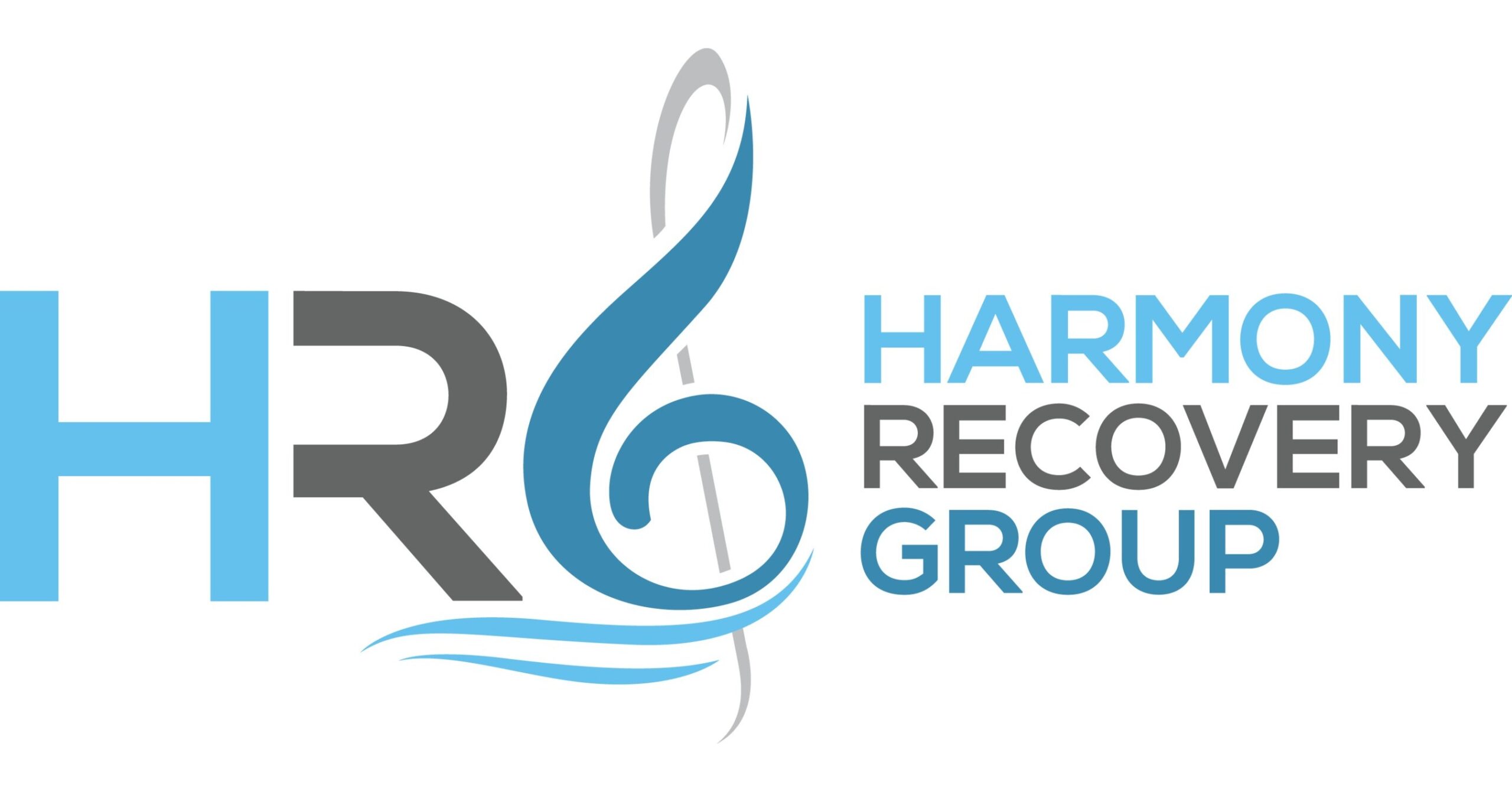

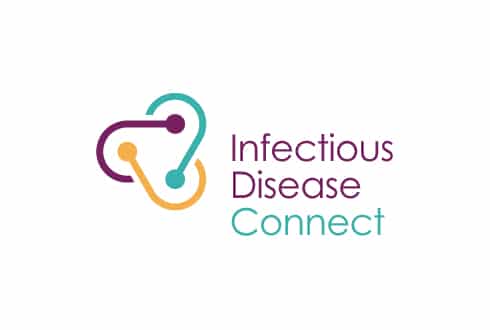
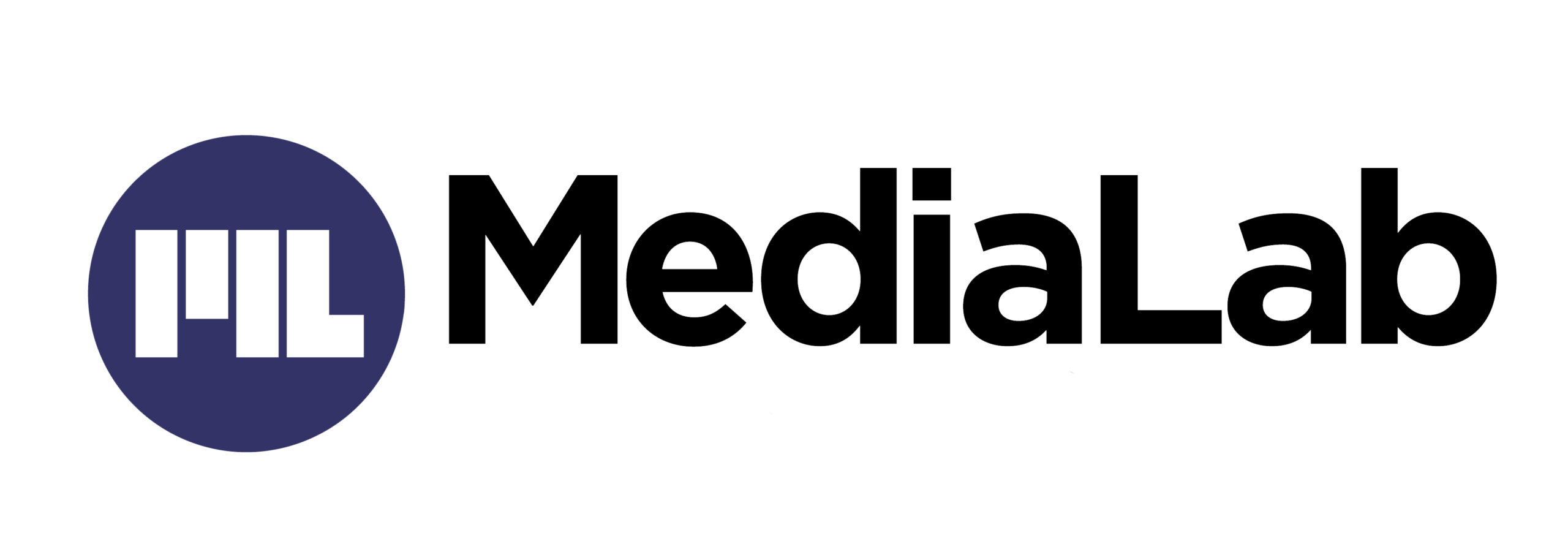

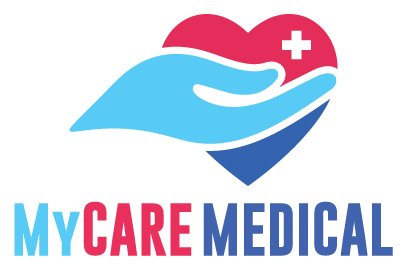





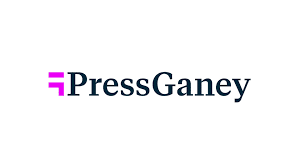
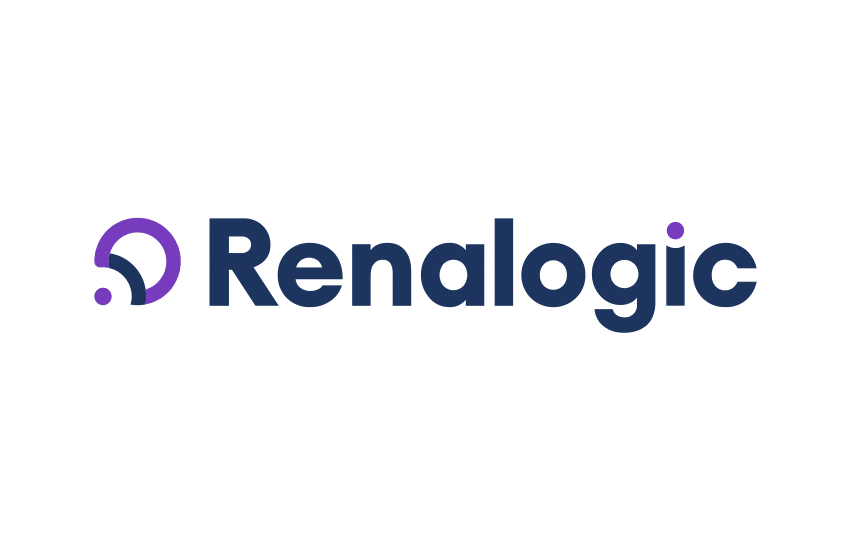

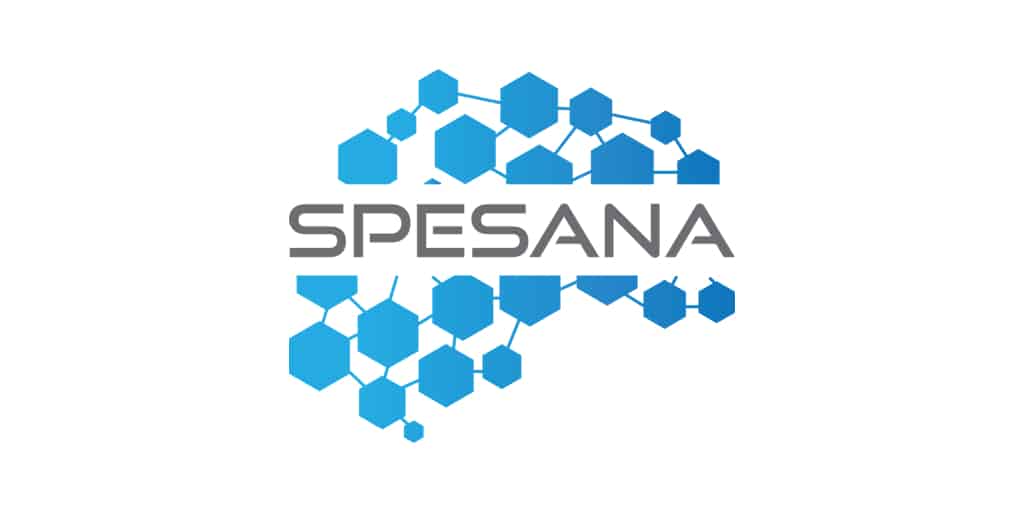

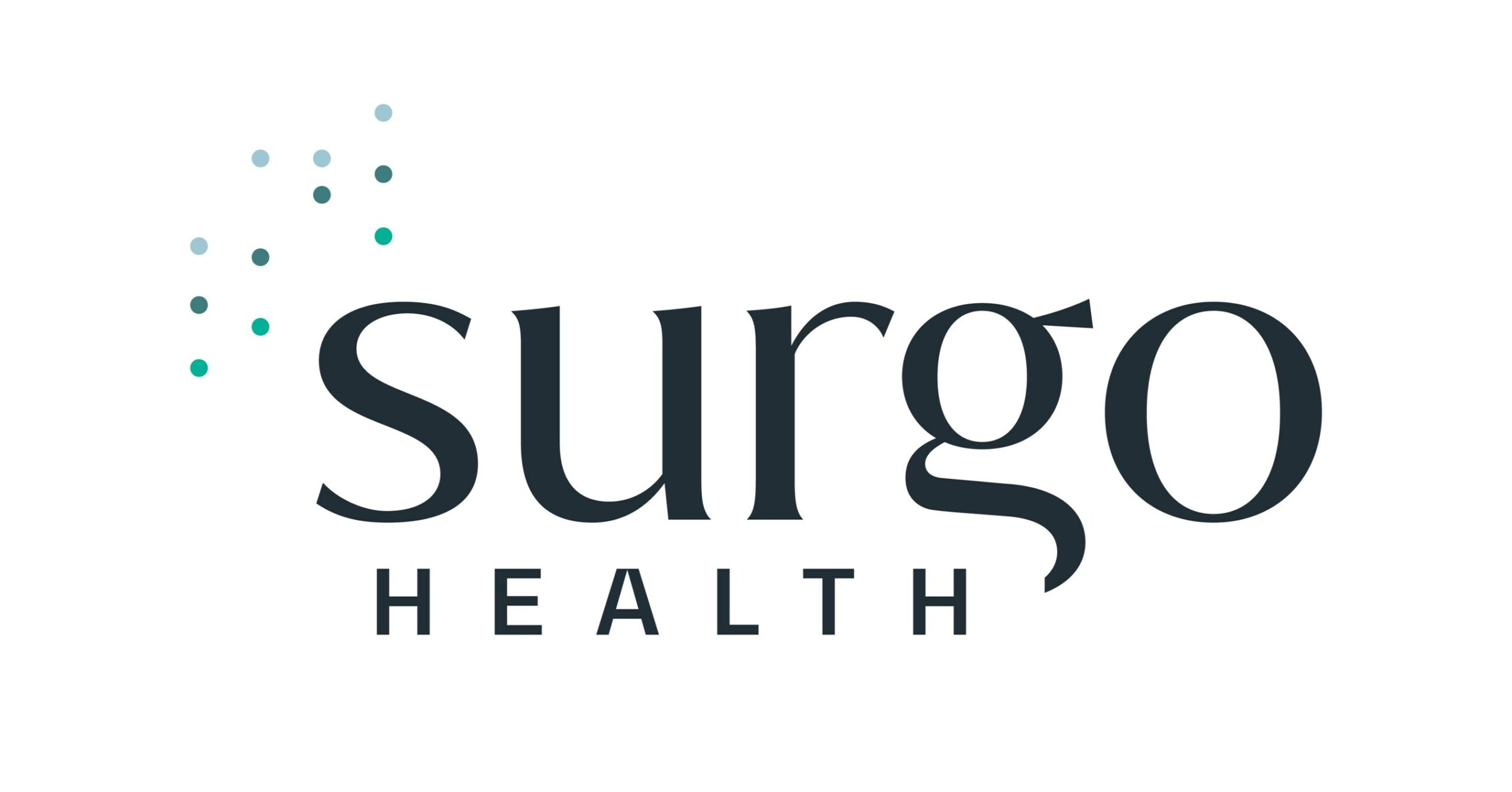


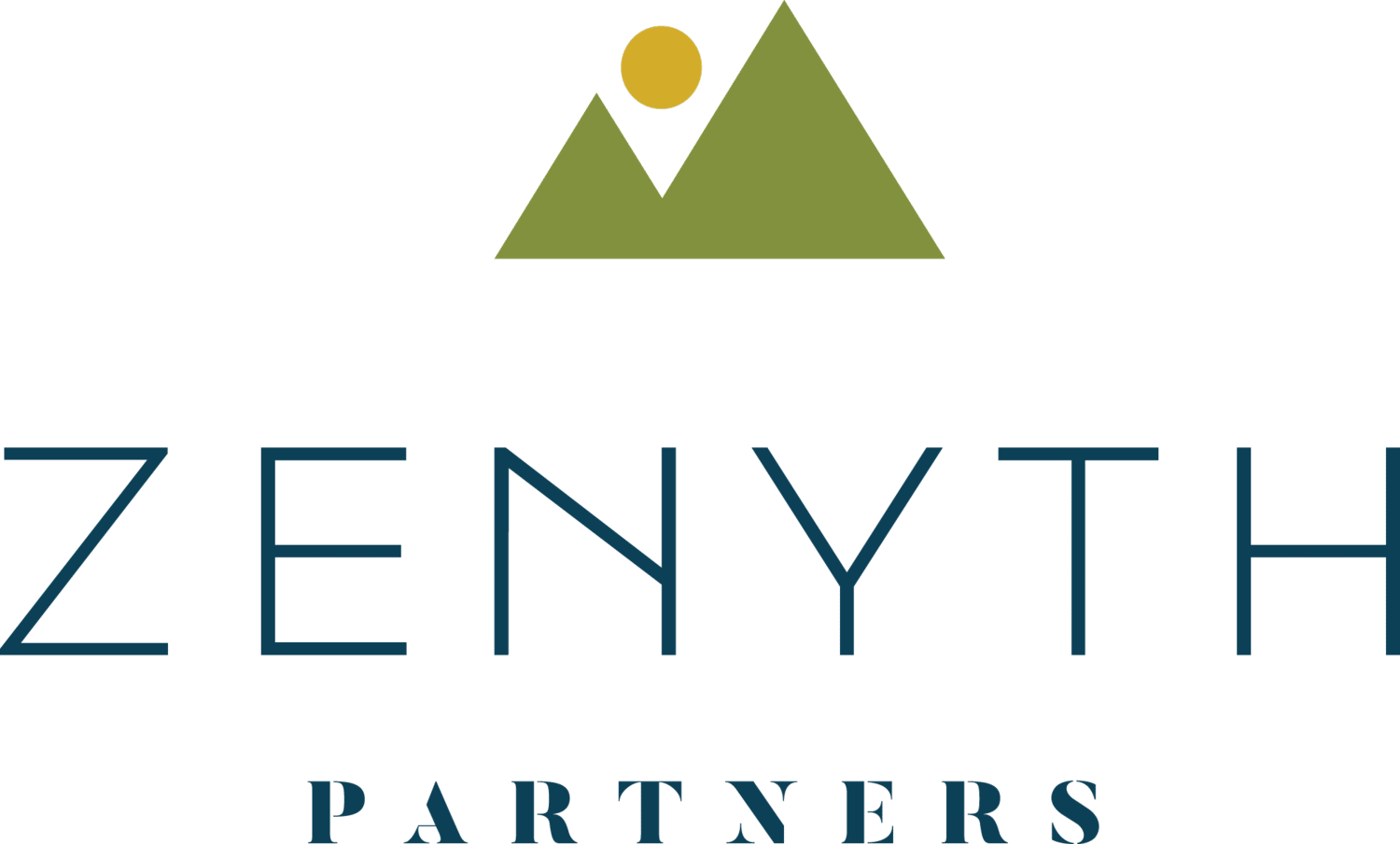

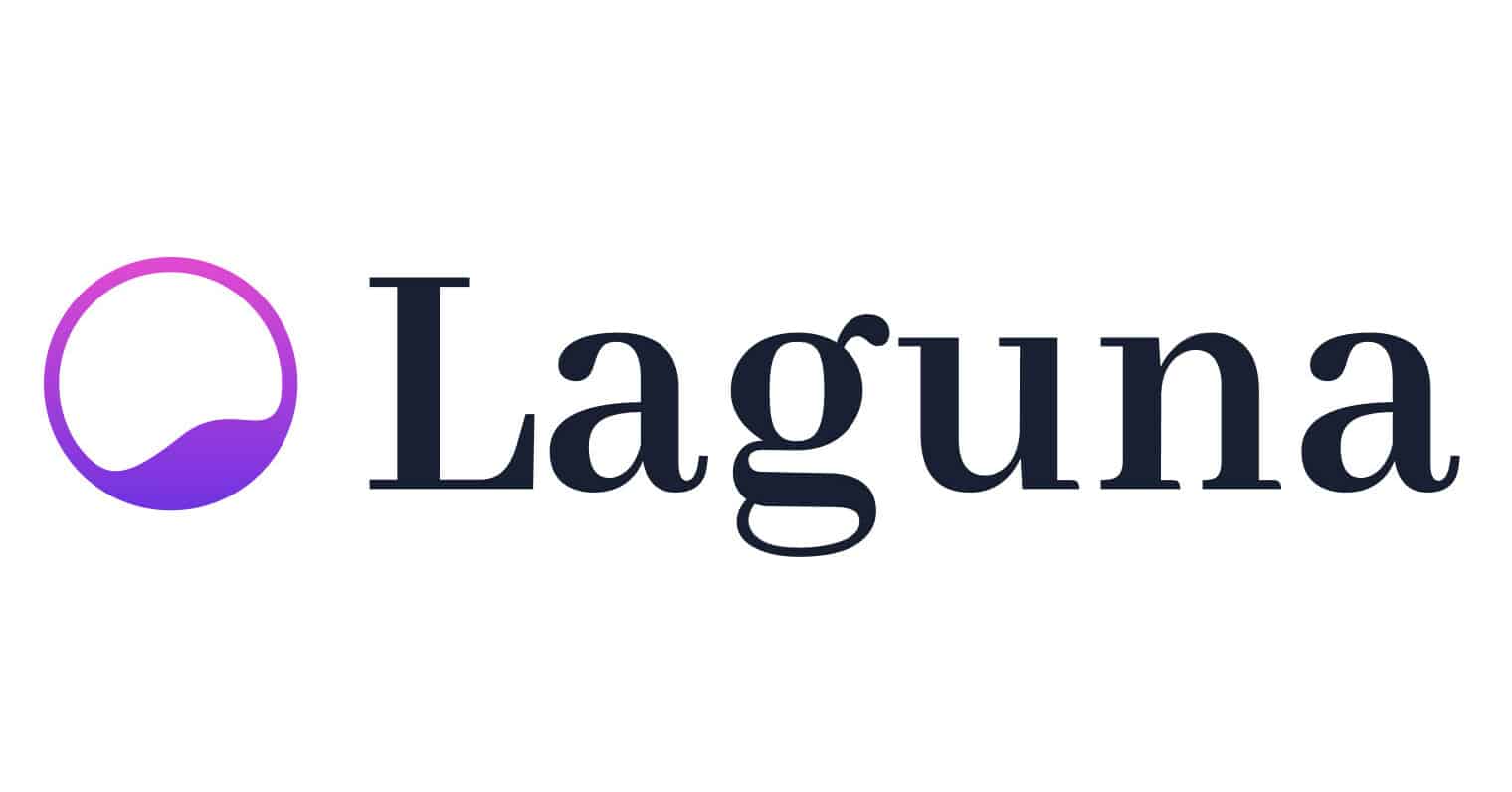









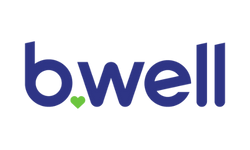




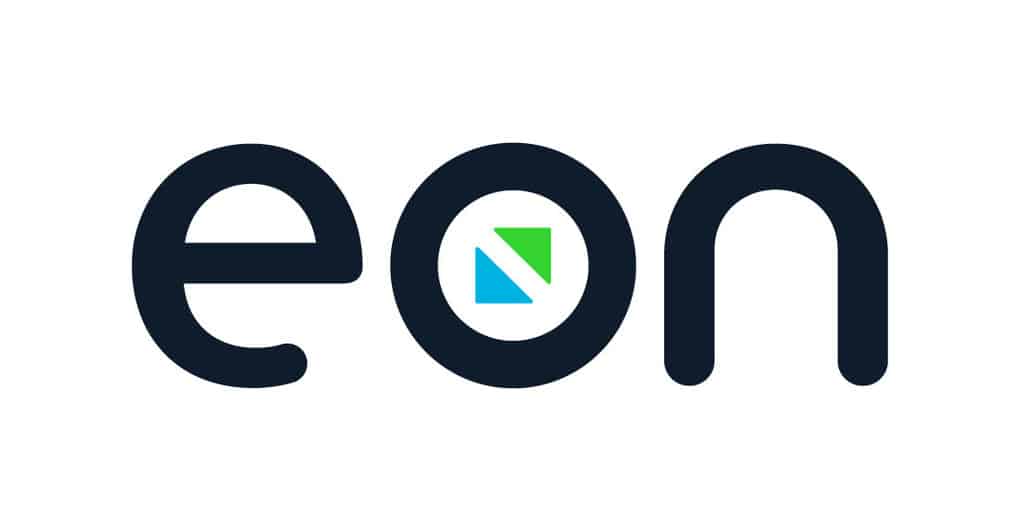
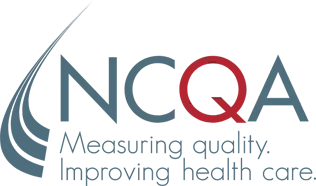
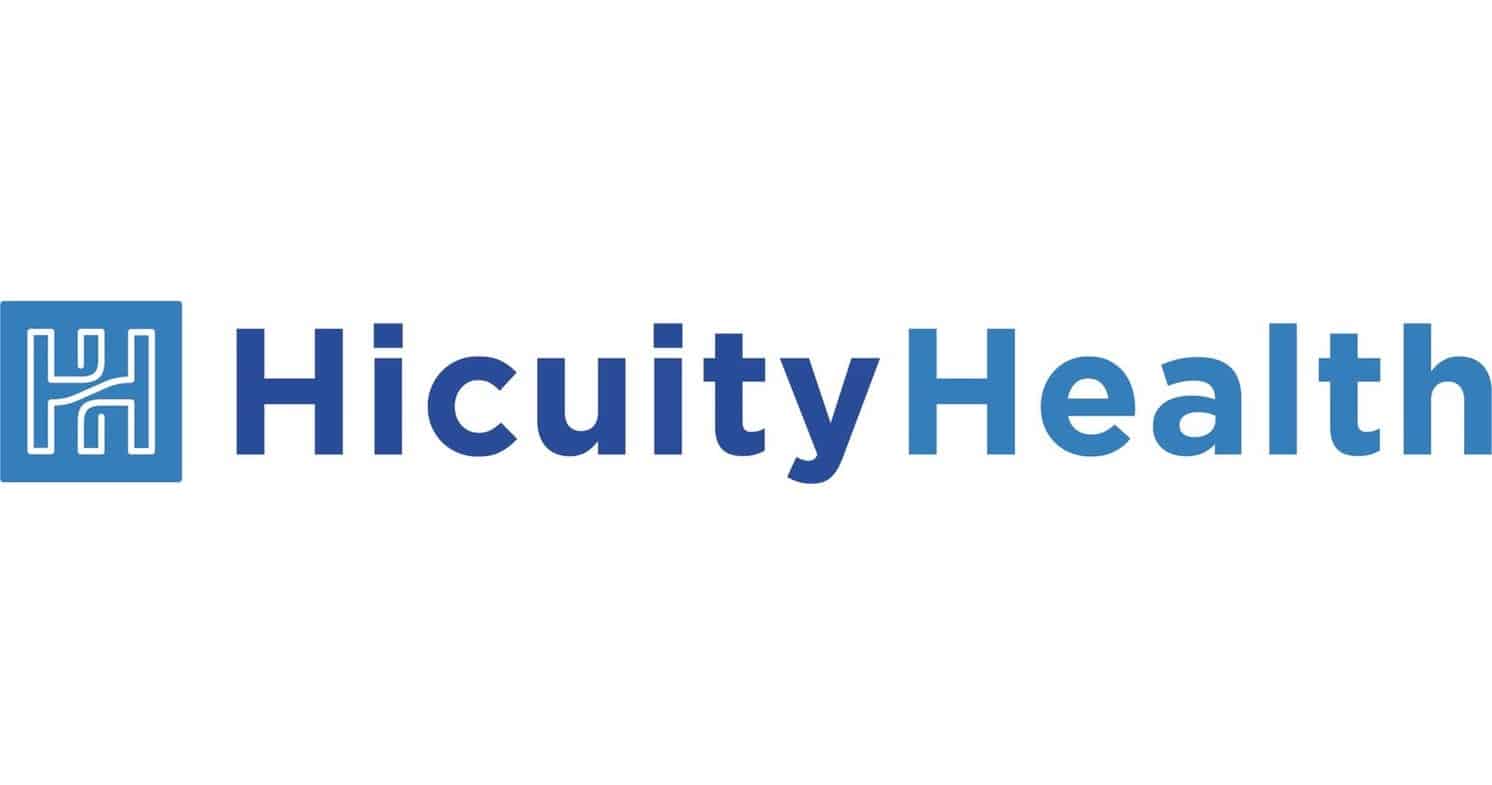



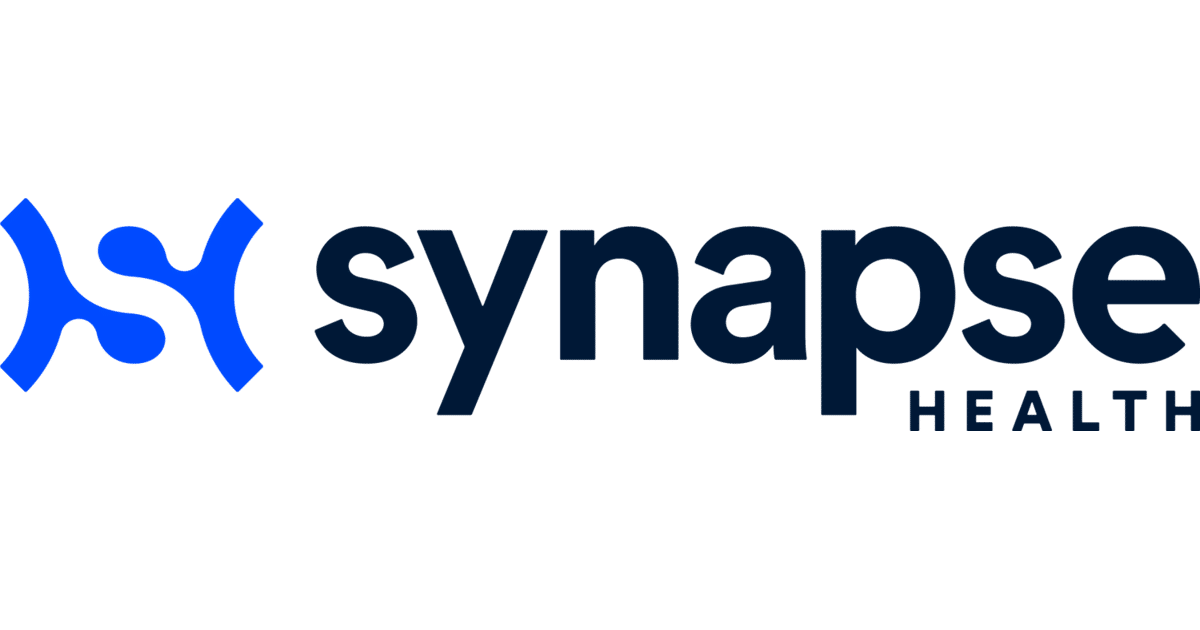
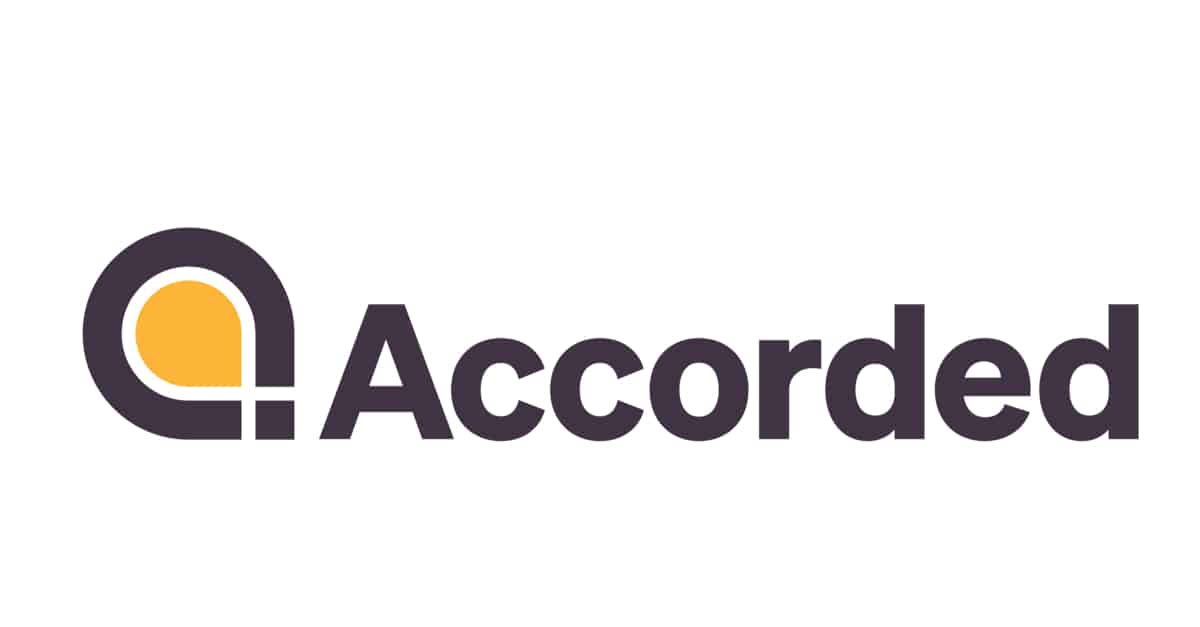


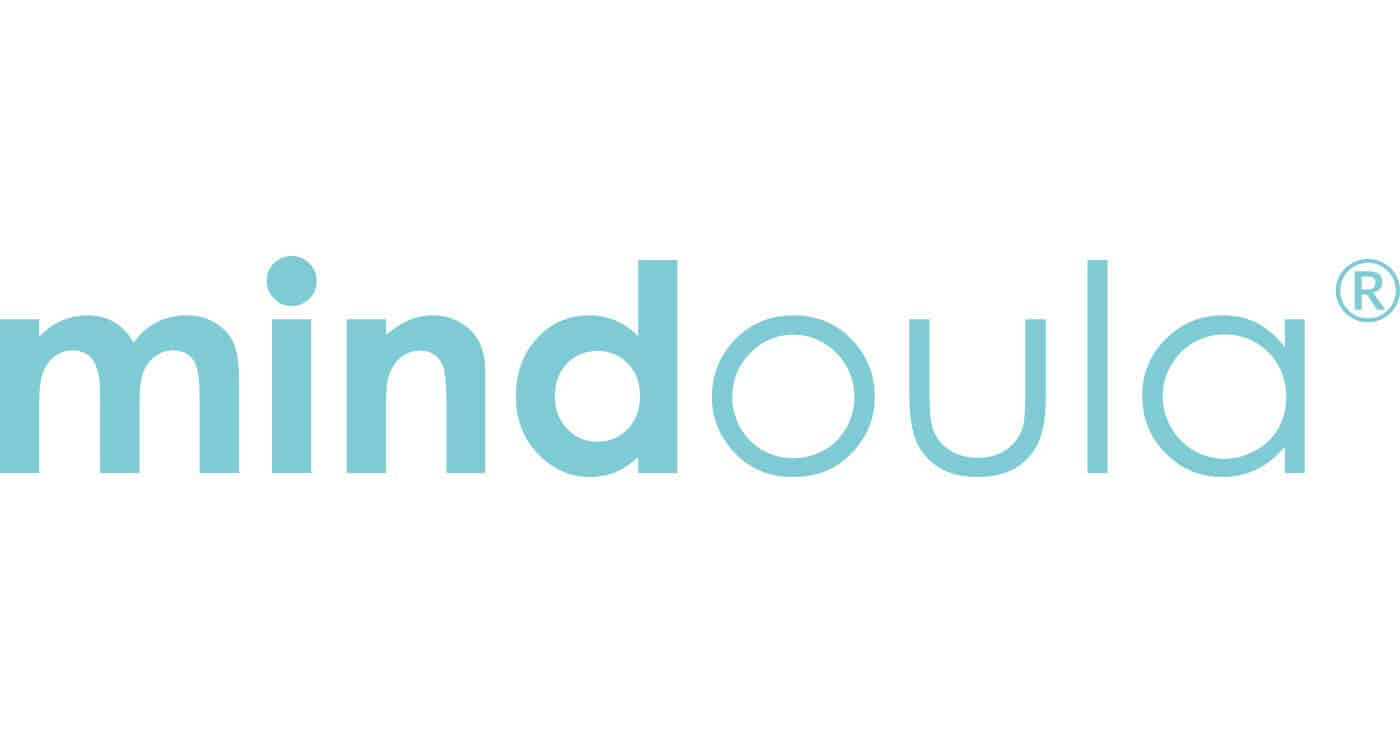

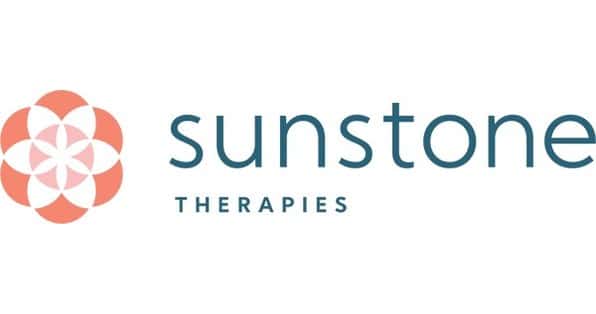
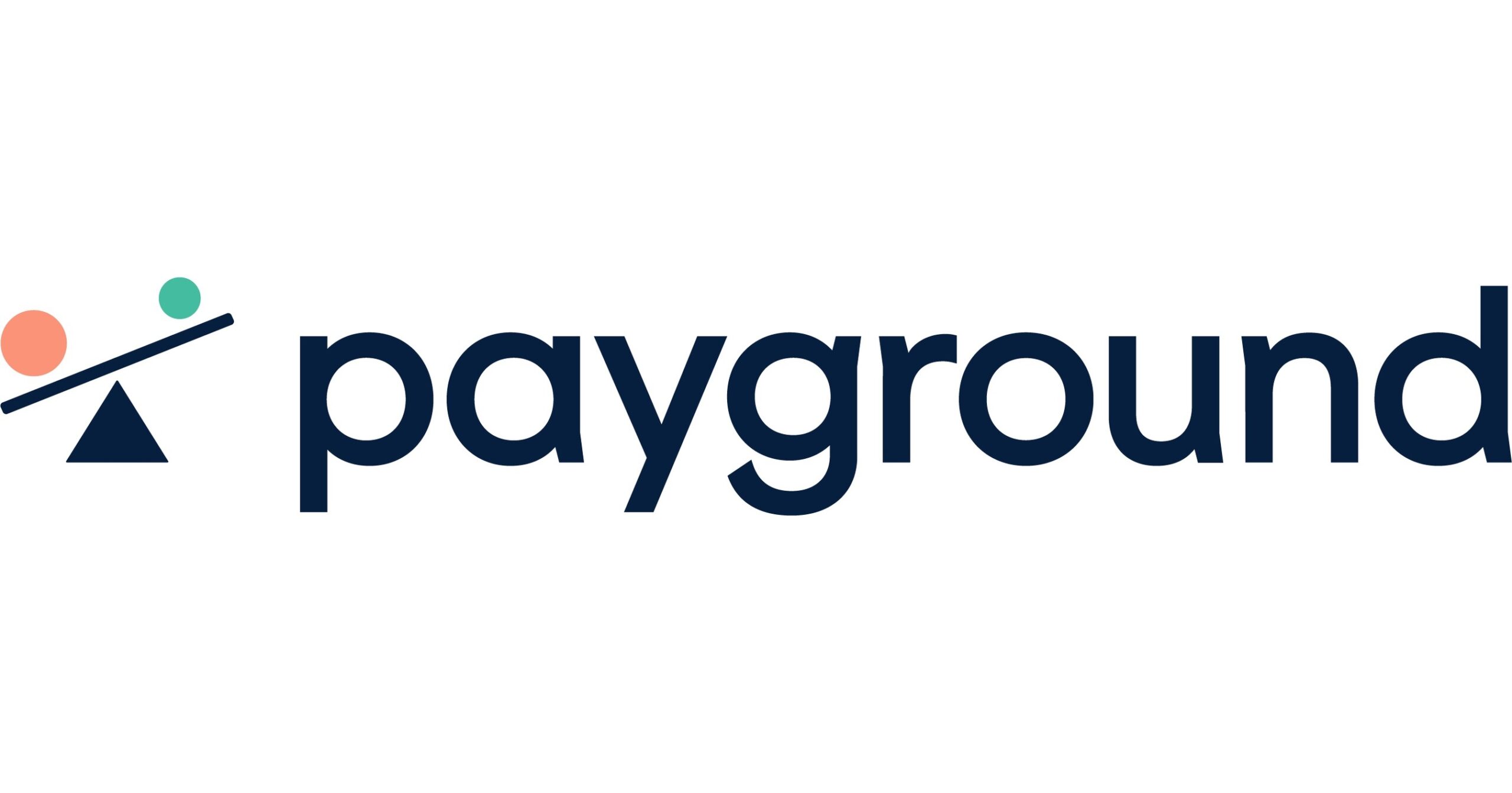



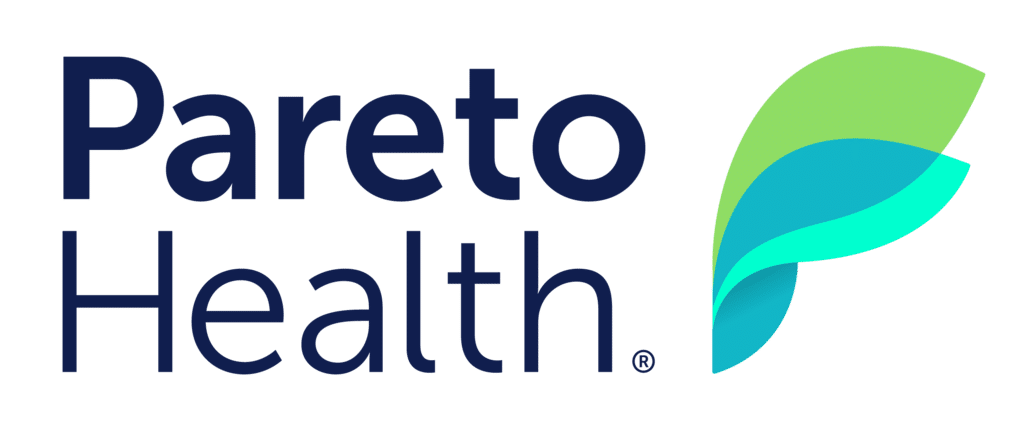
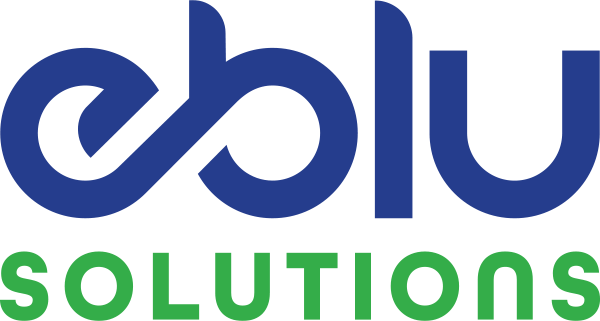

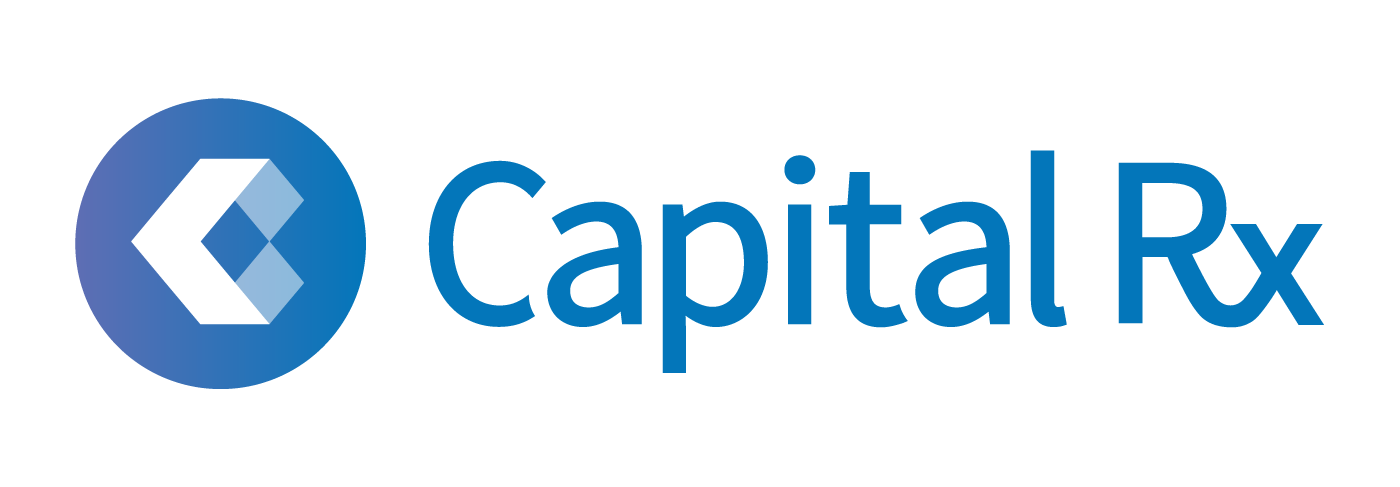
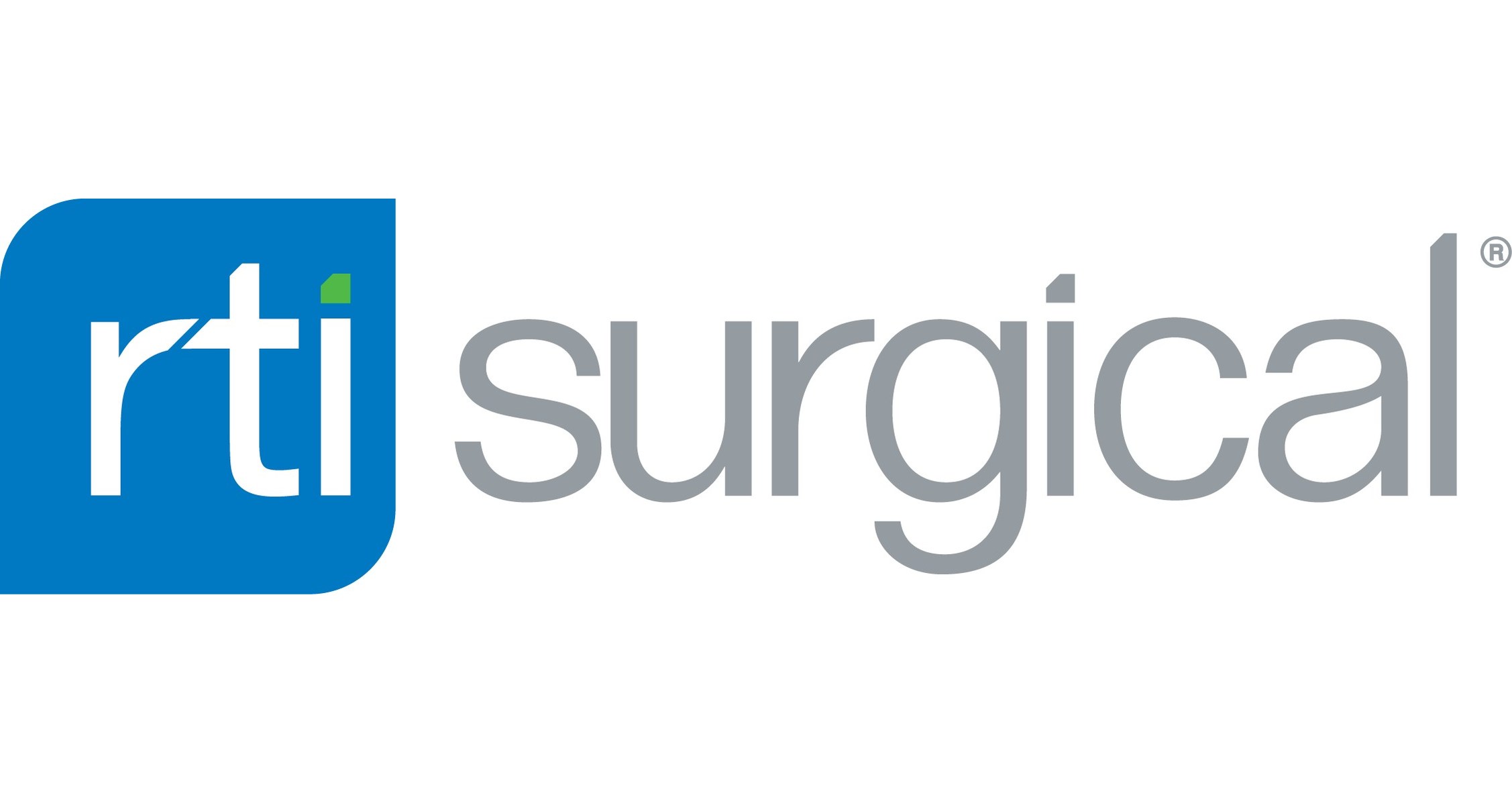



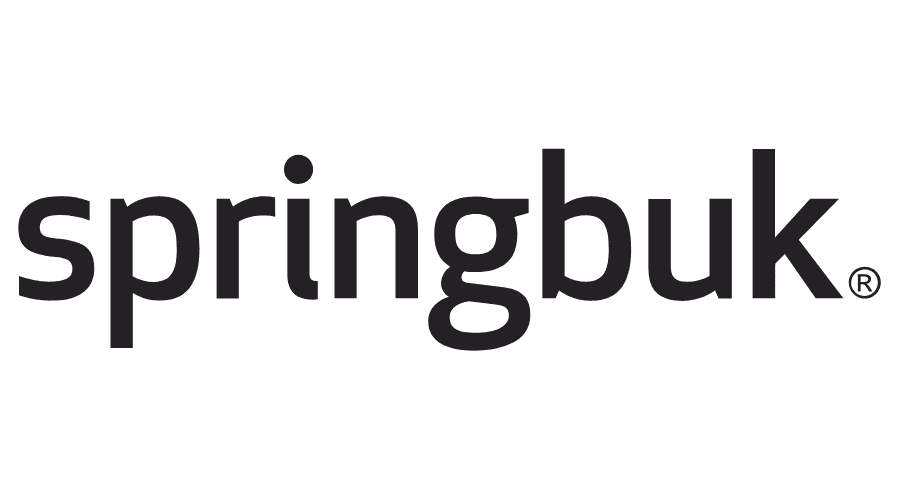



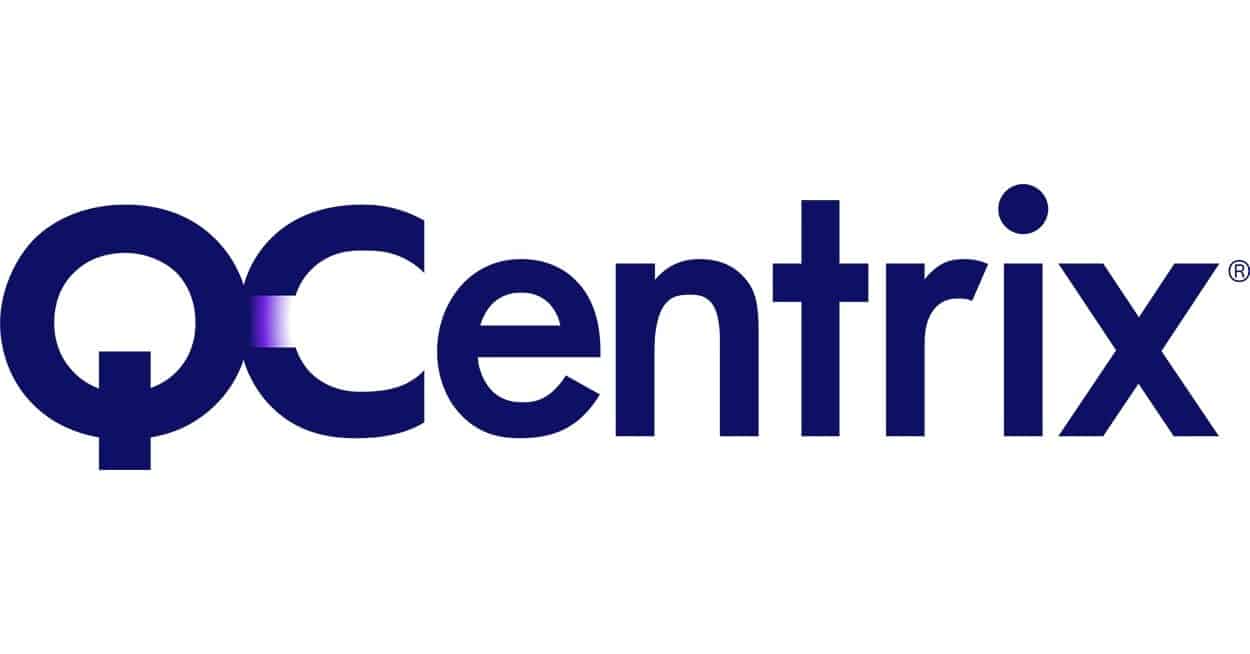





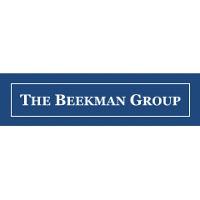



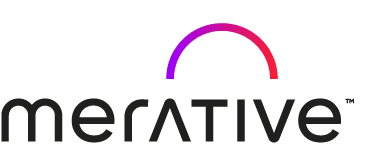

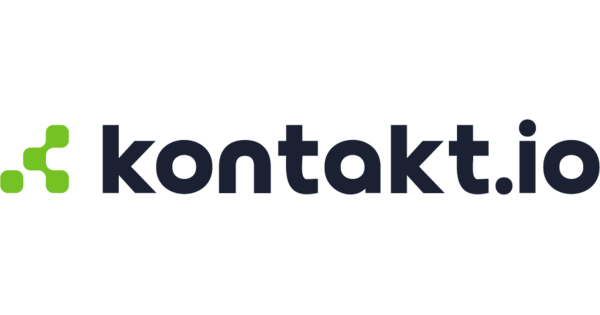

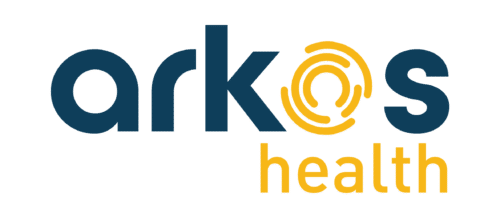














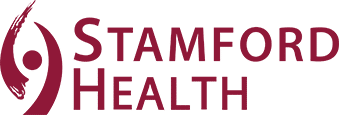






By Pamela Zients, Principal
In recent years, there’s been a proliferation of innovative healthcare companies founded and headquartered outside the U.S. The U.S. healthcare market is among the largest in the world, and given the dynamics of our system, foreign companies see our shores as fertile fields for their innovations. To help navigate the complexities of our system, these companies often assemble a small team domestically to develop and launch their U.S. commercialization strategy. We talked to a handful of healthcare investors to gain their insights on the overseas market and unique solutions under development outside our borders. A few themes emerged:
Matt Miller leads a digital health accelerator that operates as a collaboration between Techstars and UnitedHealthcare. He invests in early-stage technology companies focused on improving cost and outcomes, broadening access to care, closing gaps in care, and improving patient experience. The 10 startups that receive seed investment in their 3-month accelerator program are identified during a global search. “During this sourcing and recruiting process, I interact with founders from across the globe who are building novel technology companies in order to make a positive impact on the health system,” Matt said.
Matt said he looks for foreign companies who have already deployed their offering in the U.S. with “at least one pilot example that we can investigate and learn from.” He added that “we also want to have a sense of any regulatory burden that may be faced - particularly if the solution is clinical in nature and based on data collected abroad. And we want the company to have a sense of how their GTM/pricing/strategy shifts when commercializing in the U.S. vs. elsewhere.”
Jonathan Machado, the Jerusalem-based Senior Investment Director for Samsung Next, invests in health and wellness globally, while also investing in Israeli start-ups across multiple verticals. Jonathan sits in what is arguably the hub of non-U.S. healthcare innovation – both Jonathan and Matt are especially bullish on Israel. Matt commented that “it's fair to say that everything I am seeing out of Israel is brilliant, game changing, and capable of displacing numerous native-U.S. offerings in healthtech and deep tech.”
Jonathan has a sniper’s view of everything happening on his native soil. Israel's military is often a proving ground for technology talent and these talents then go on to apply their technological acumen in the most advanced forms at startups. He shared a few examples of break-out Israeli companies that are penetrating the U.S. One company, Healthy.io, has leveraged cutting-edge computer vision technology to develop a mobile-based urine test and “is an amazing example” of the country’s innovation. “What they have done is…[solved] an issue that no one else has been able to crack,” Jonathan commented. Healthy.io is still the only company in the world with quantitative level clearance for urine tests conducted with mobile technology.
DayTwo is another emerging Israeli company that is commercializing in the U.S. Jonathan said that DayTwo is rooted in the long-term view of the Israeli medical system. “While in the U.S. only 8% of the population receives all the recommended high priority checkups and protocols for preventive health, in Israel, the number is about 40%,” he said, citing a 2015 report in Health Affairs. Israelis are very familiar with the concept of preventative care. One example of this is DayTwo’s gut microbiome sequencing, which they utilize to personalize a diet and apply food as medicine to prevent and manage diabetes.
Jonathan noted that commercializing in the U.S. is particularly challenging; many companies outside of the U.S. come from centralized health systems and navigating the complex waters of the U.S. system is difficult. “When you leave the Israeli healthcare system as an entrepreneur, nothing you know about the healthcare market is relevant in the U.S.,” he said. To mitigate these challenges and position their companies for success he noted they typically look at building teams in the U.S.
Not all investors are actively investing in foreign healthcare startups but keep their eyes open for compelling opportunities. Sunny Kumar, MD, a Partner at GSR Ventures, an influential Asia-focused fund, shared that while GSR has not invested in any foreign healthcare companies, they have investigated various possibilities. He cited the complexity of the U.S. market as a barrier to entry. “While it holds tremendous opportunity for transformational change, operating in this environment often requires deep and nuanced expertise to be able to effectively align incentives across multiple stakeholders and to build out a team and infrastructure for rapid scalability,” he said. Sunny added, however, that “ideas and talent are global in nature, and we anticipate that innovation developed across the world will have the potential to create significant impact on the U.S. healthcare system.”
Sunny also shared that as GSR’s portfolio companies scale, they may look to expand outside of the U.S. Given the global dynamics, companies in the life sciences space have opportunities to grow outside their home base. Medable, which GSR invested in last year, has built a leading integrated platform for decentralized clinical trials, deploying their solution in over 40 countries and serving over 1M patients.
The U.S. is an intensely competitive and attractive market and competition is fierce. Jonathan Machado points out that “in 2021 you will see more entrepreneurs with a keen understanding of the U.S. market, which wasn’t the case a few years ago.” They make adaptations to their strategy early on and rather than trying to figure out how to adapt it is more a question of “how right they are getting it [and] how big can they be.” What is clear across all of these discussions is that despite the complexities of the American healthcare system it is still enticing enough for foreign investment to make inroads here, and as a result the U.S. could be a major beneficiary of foreign innovation.
















































































































































































































































